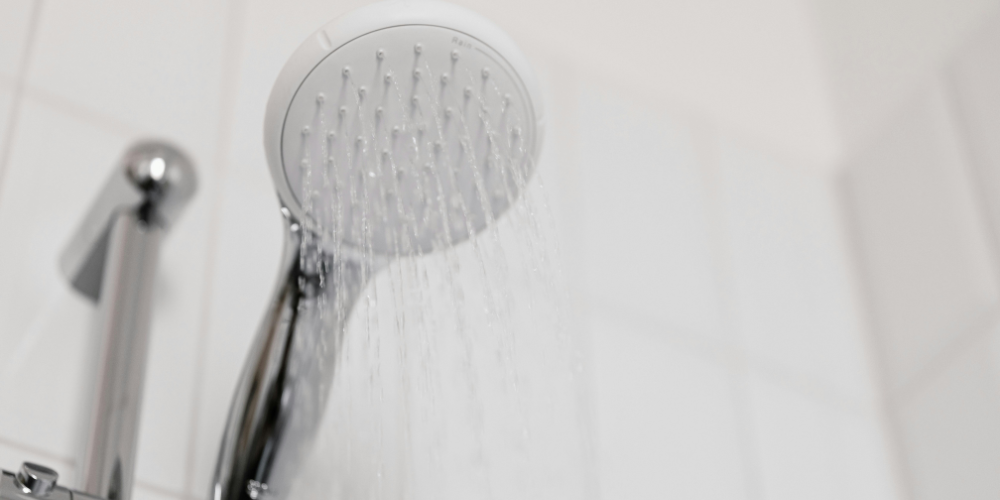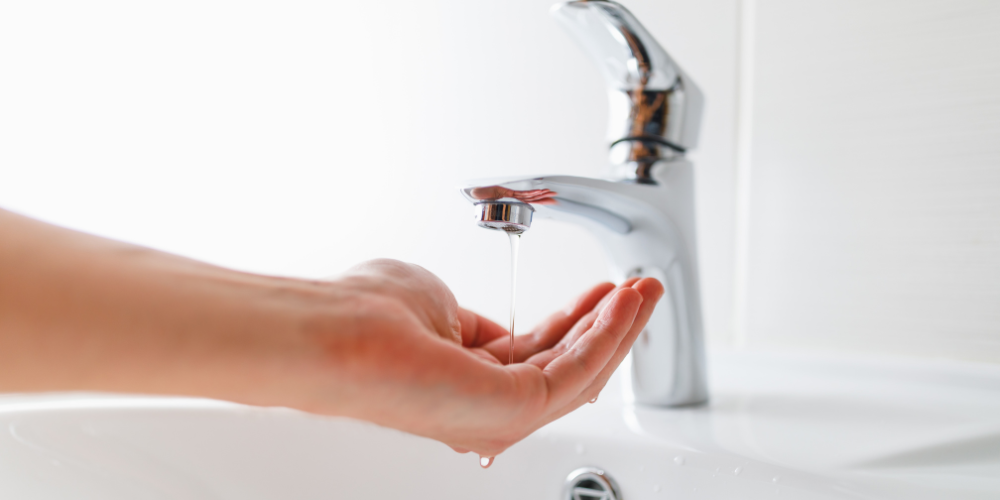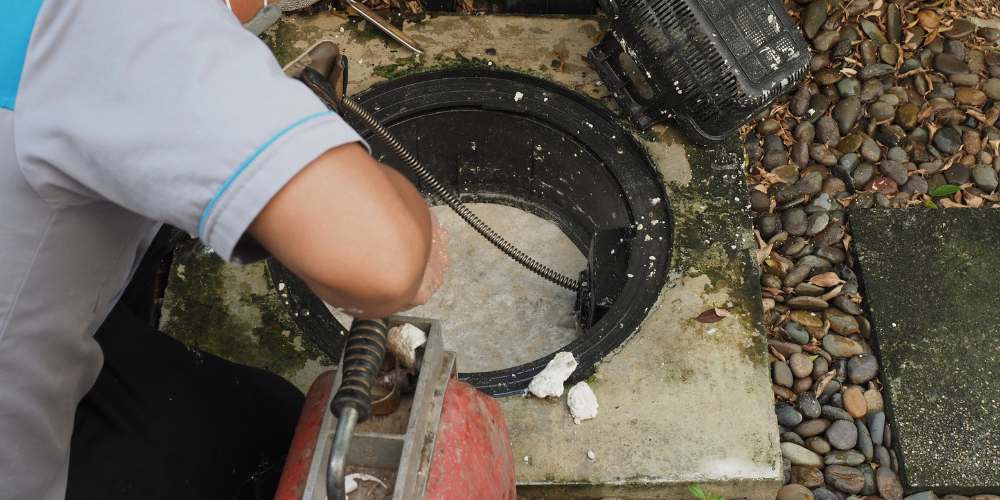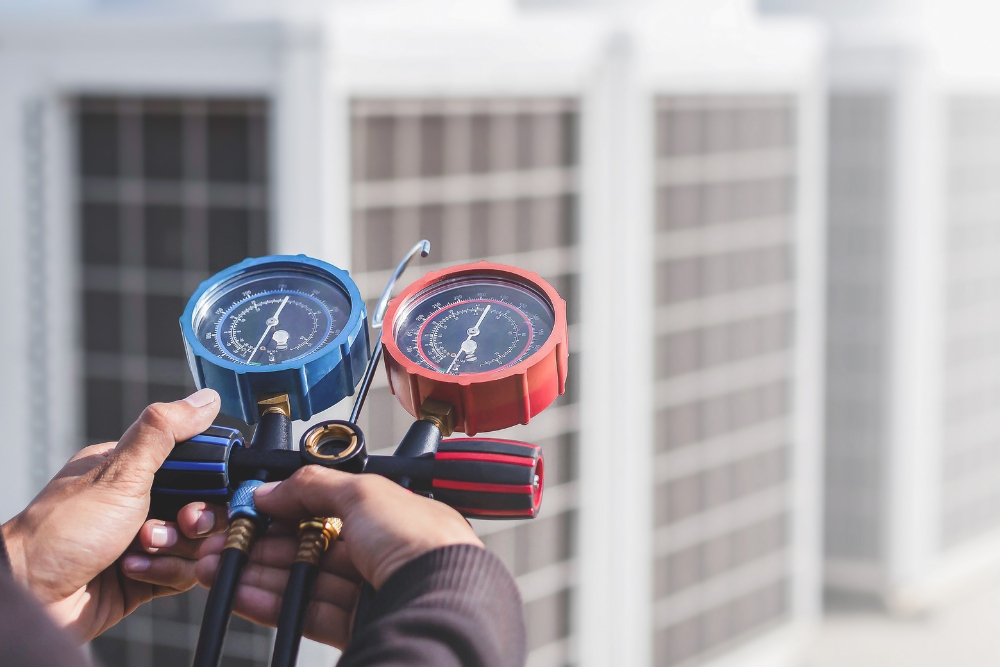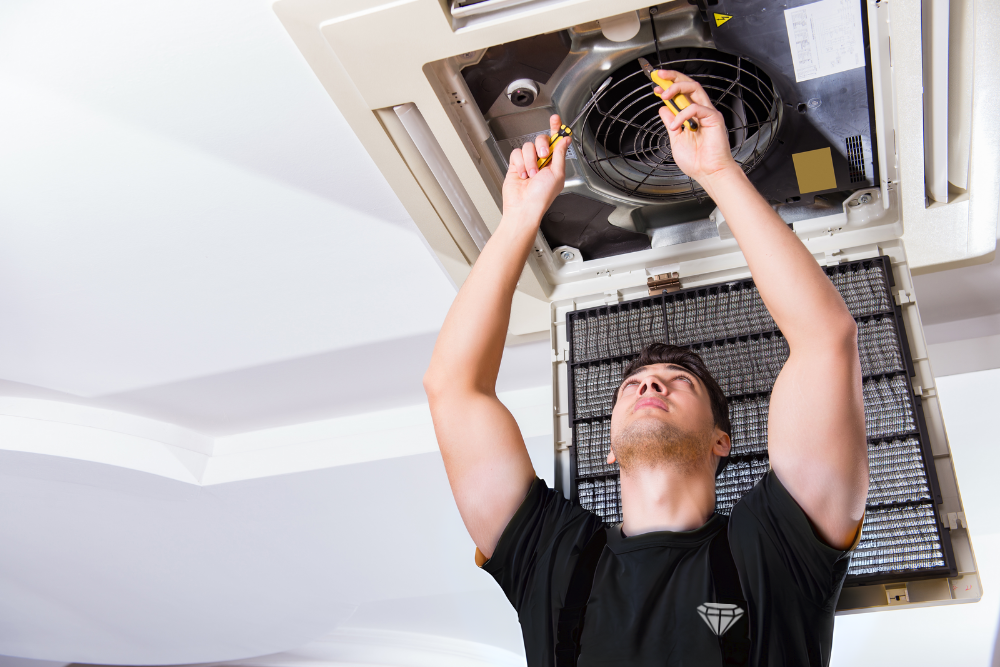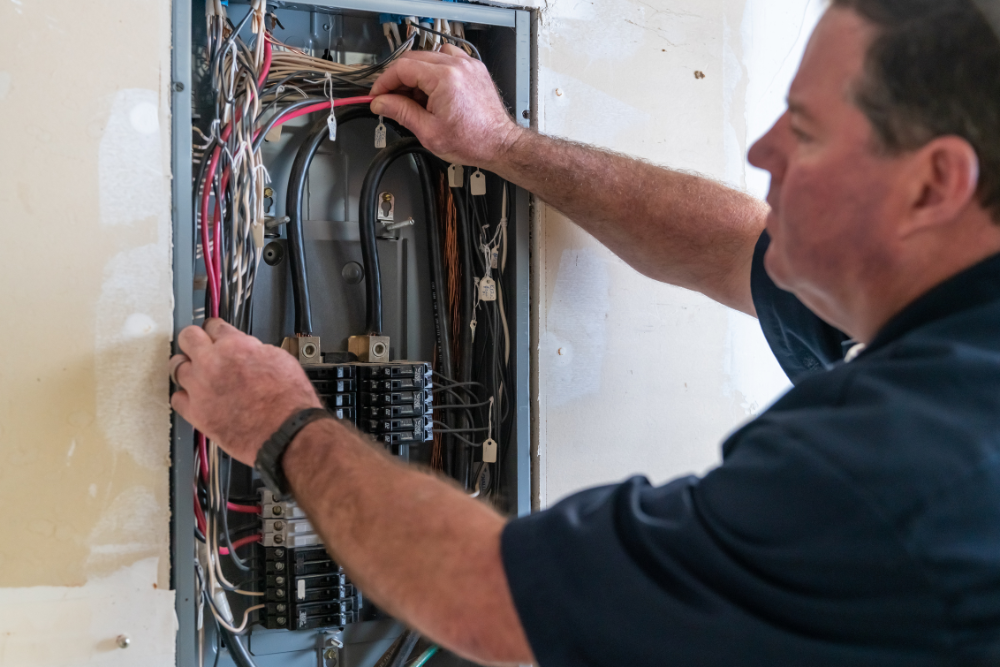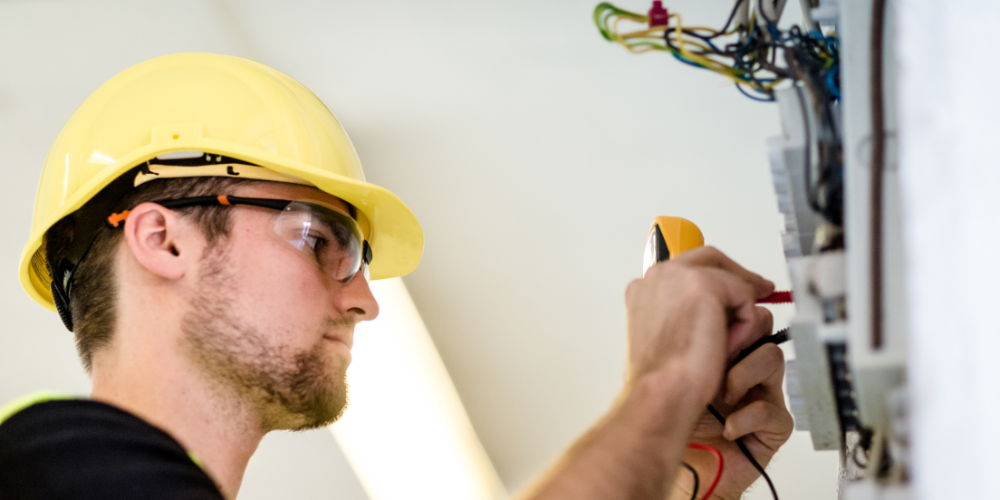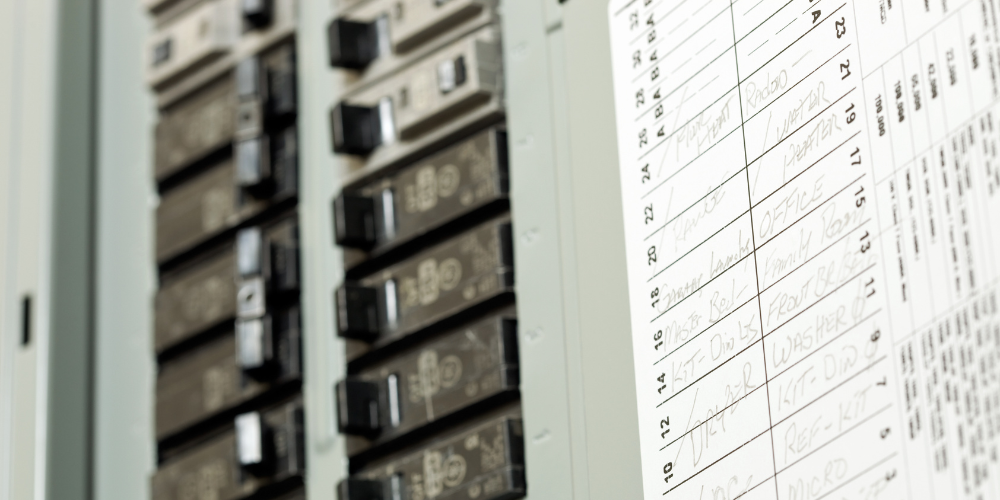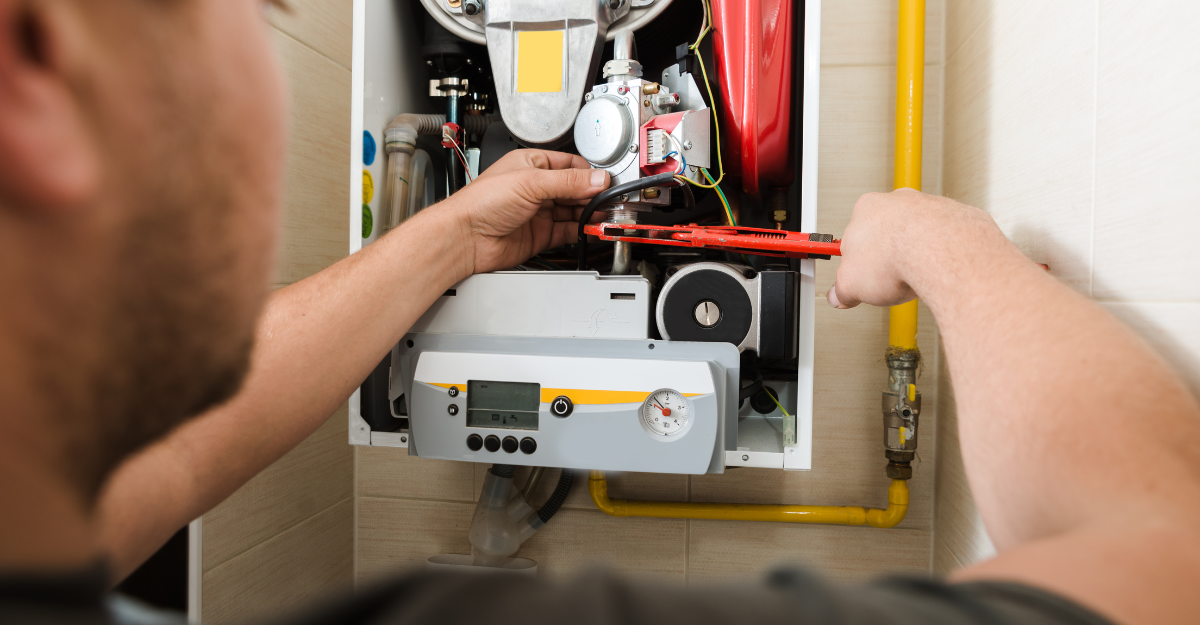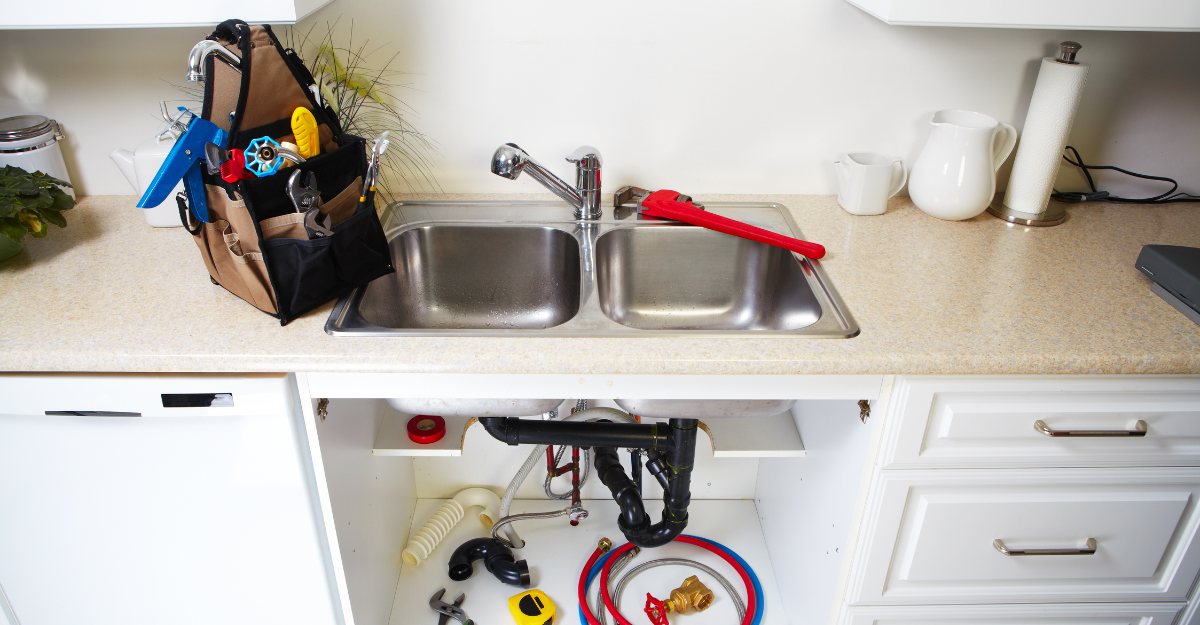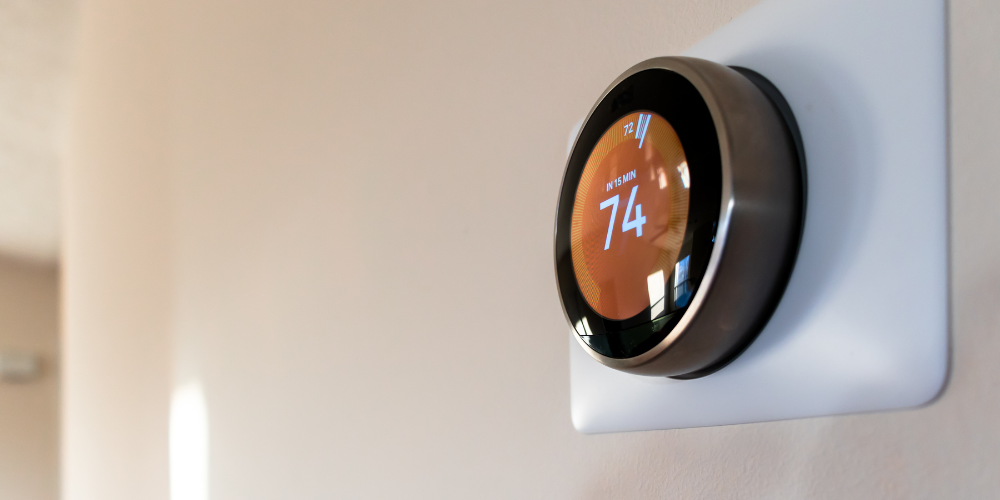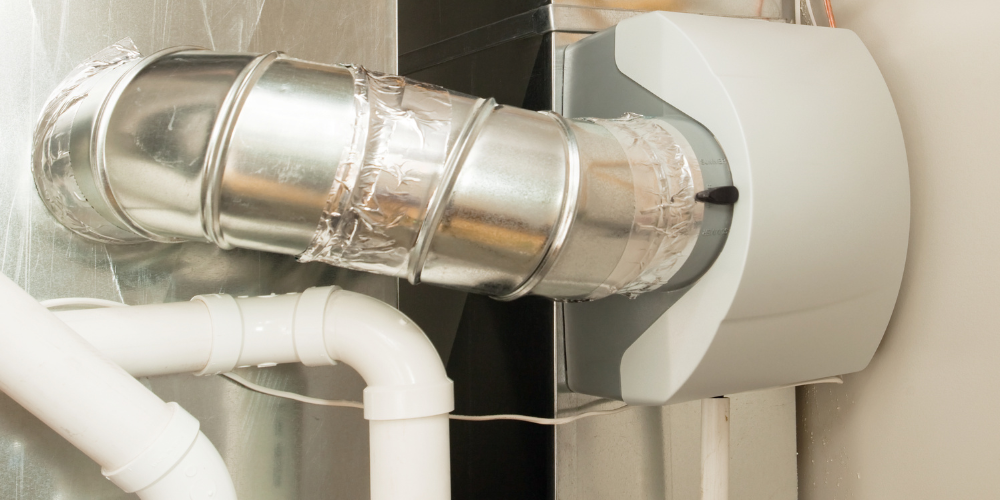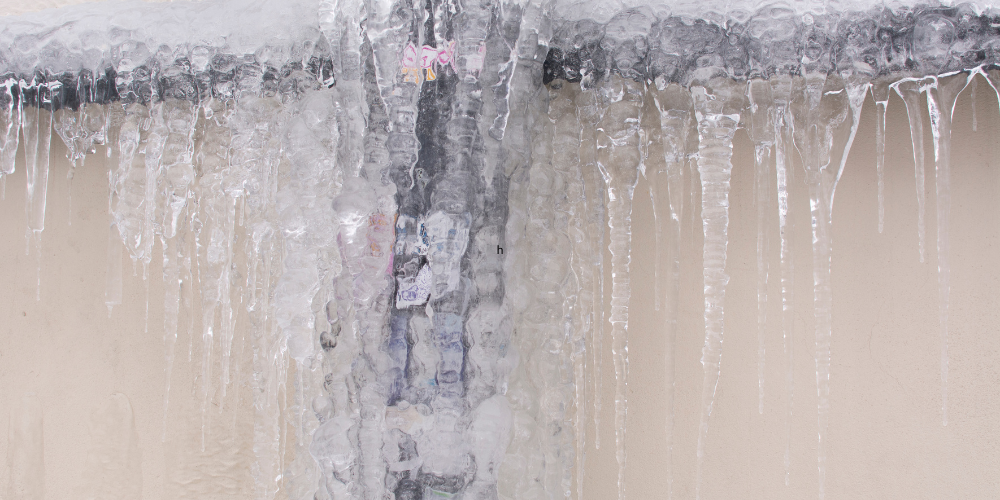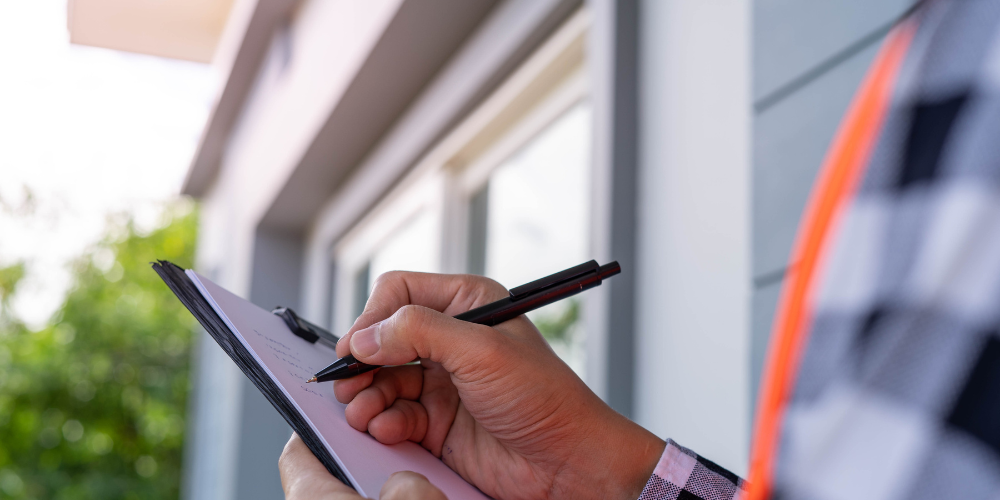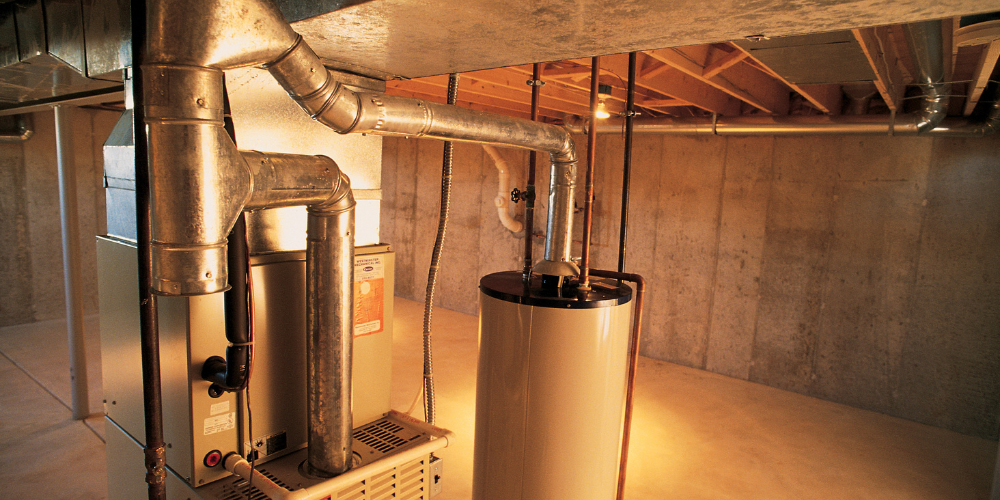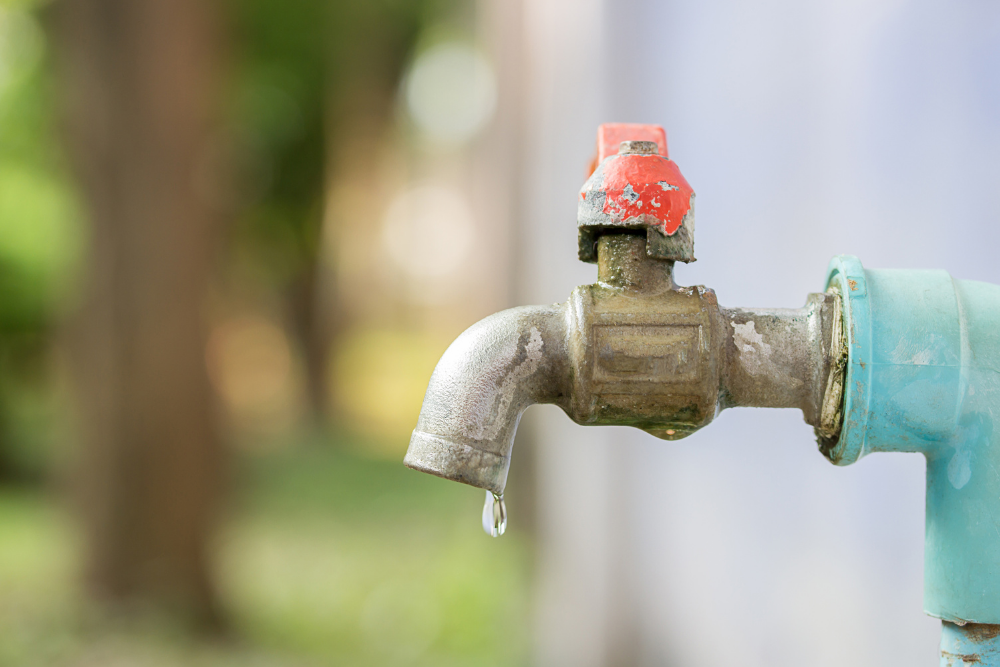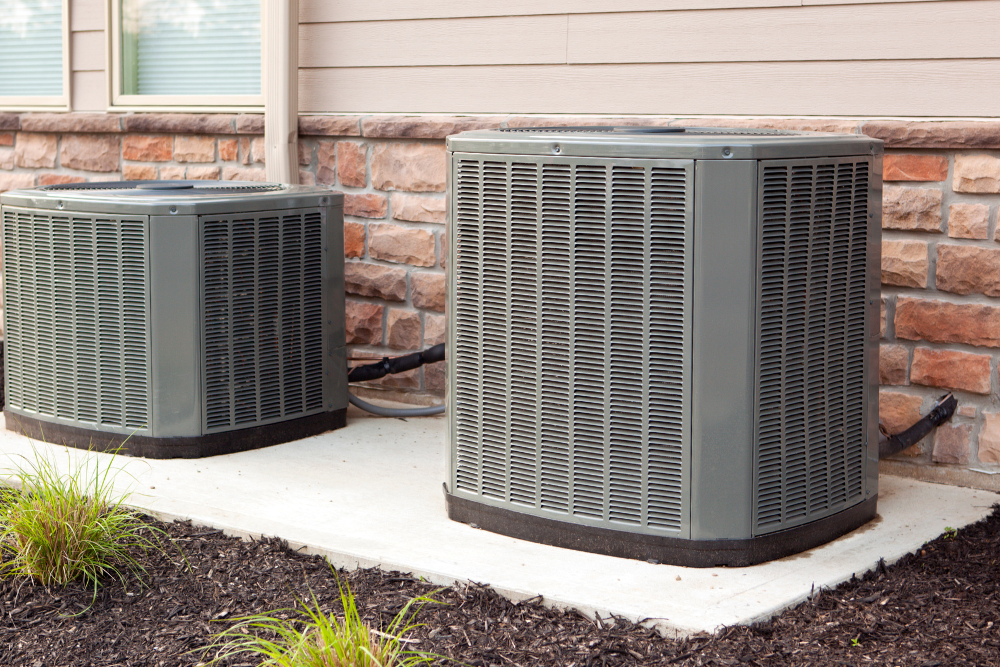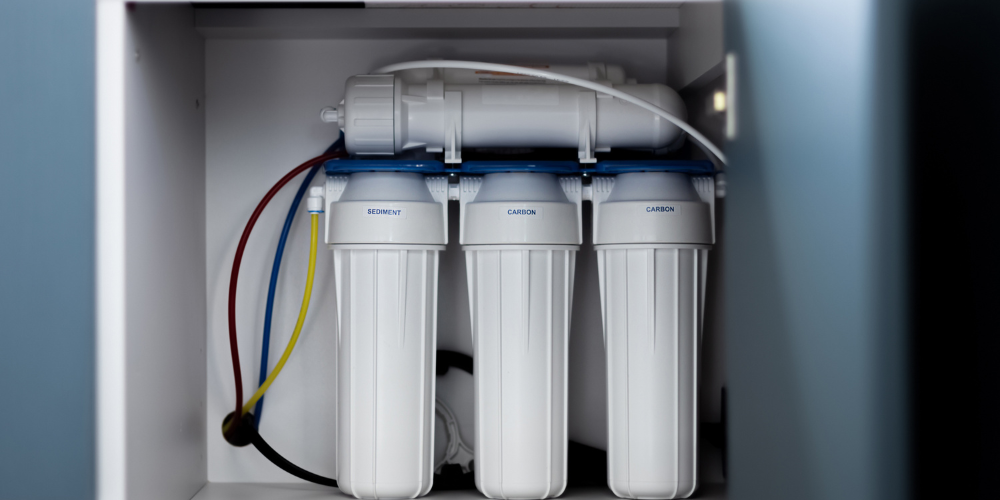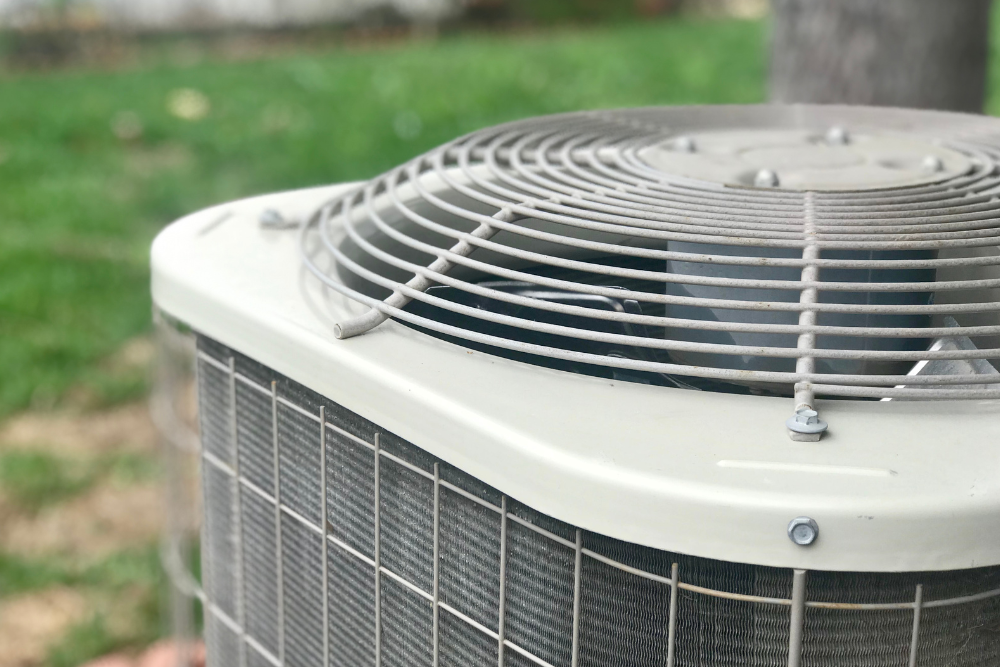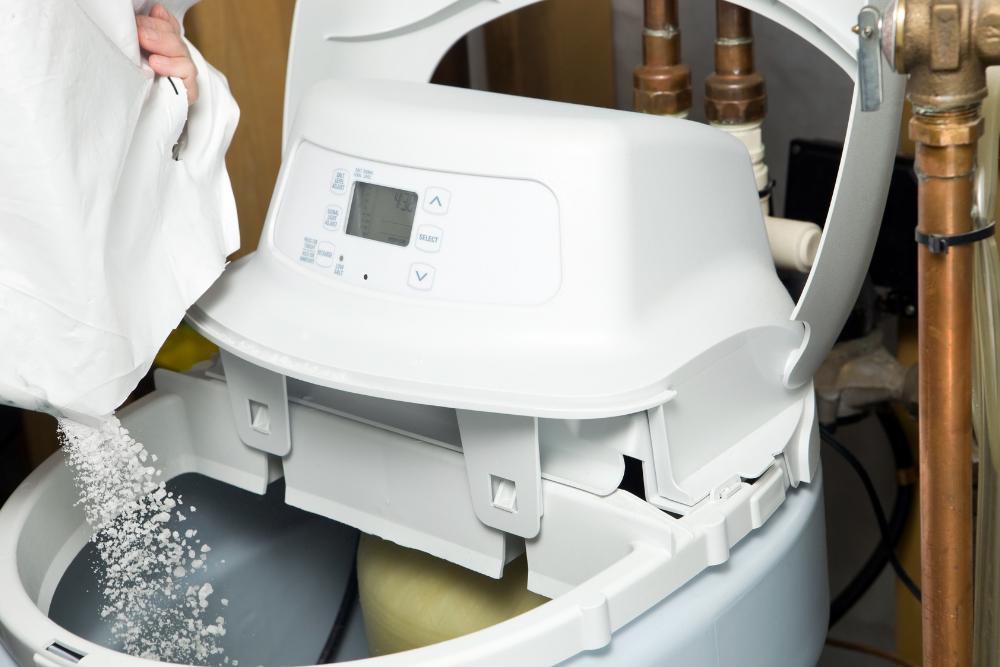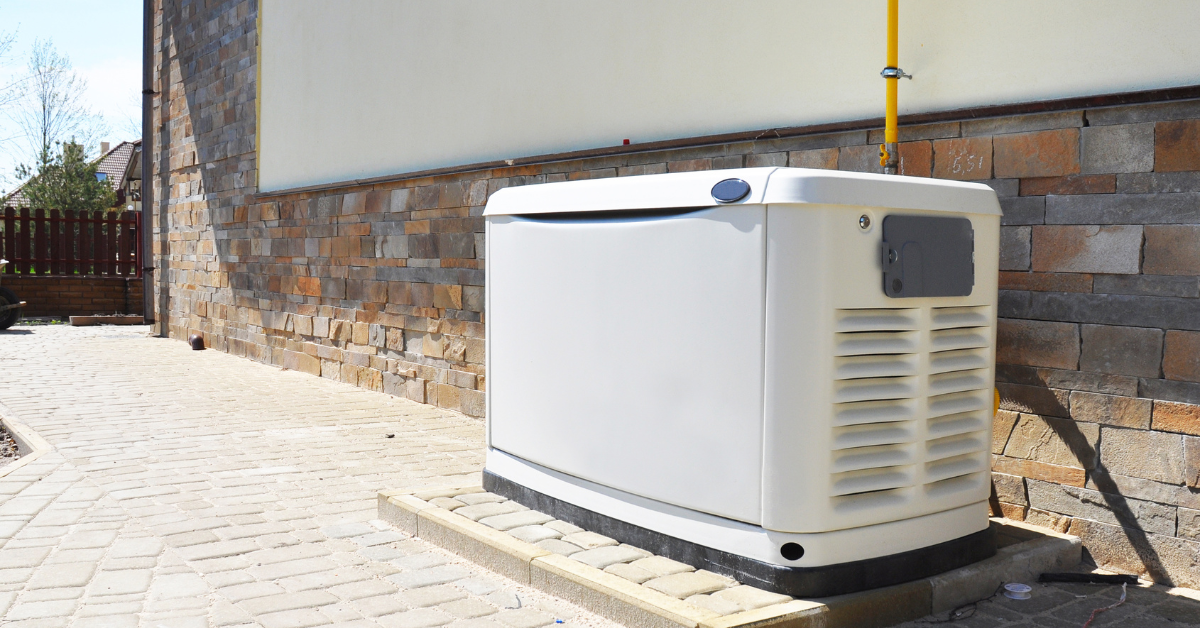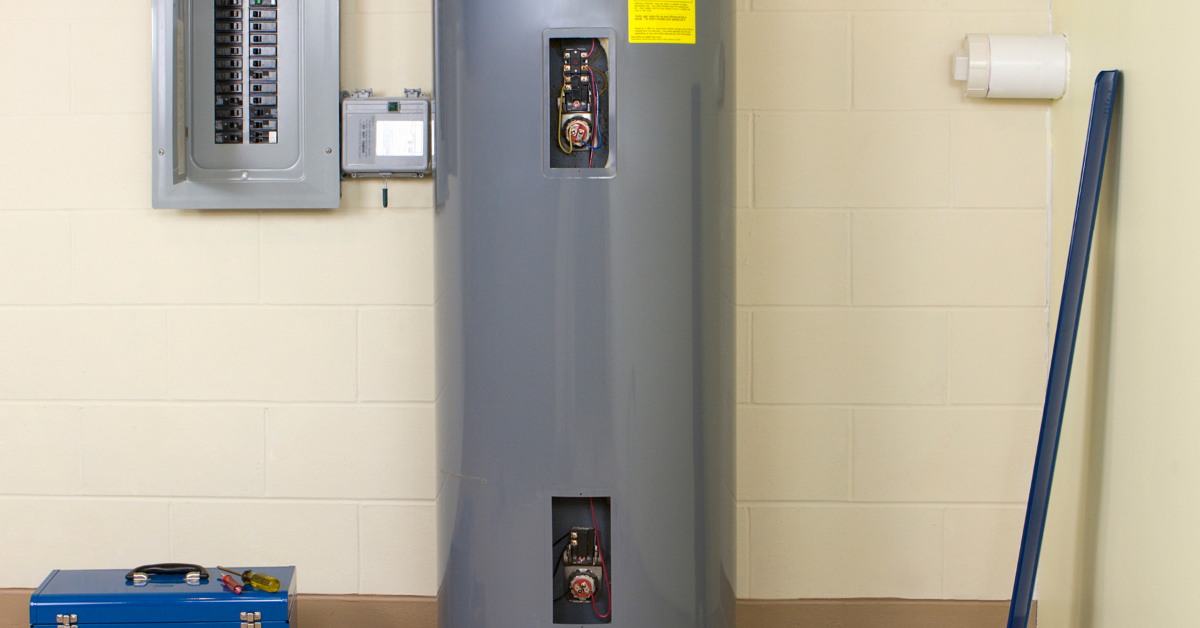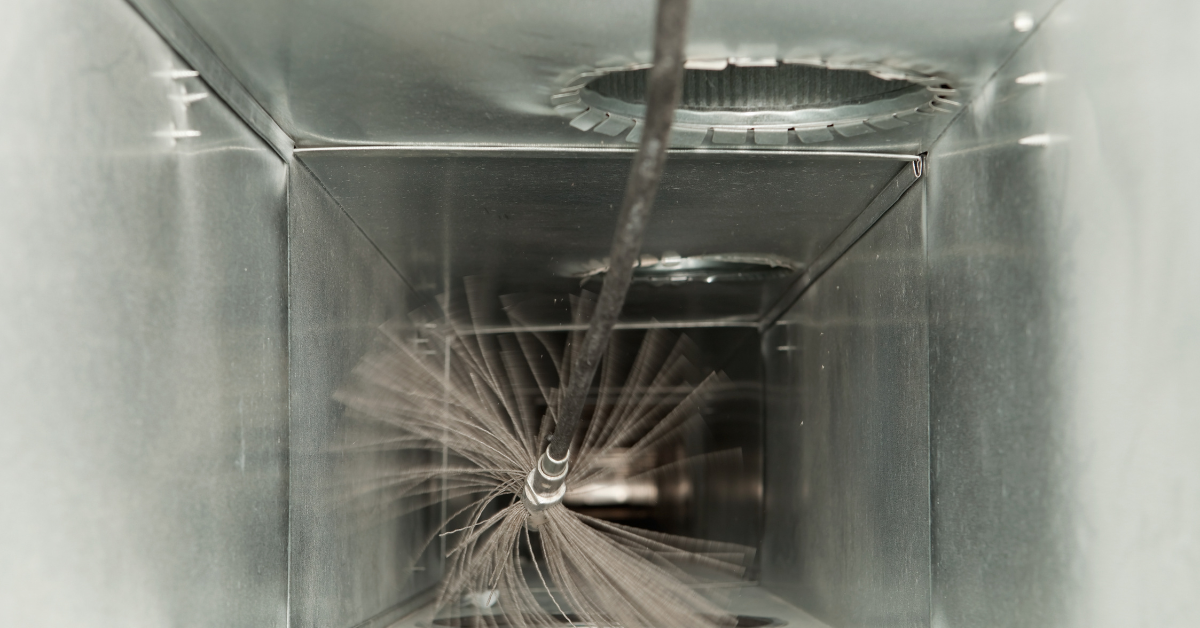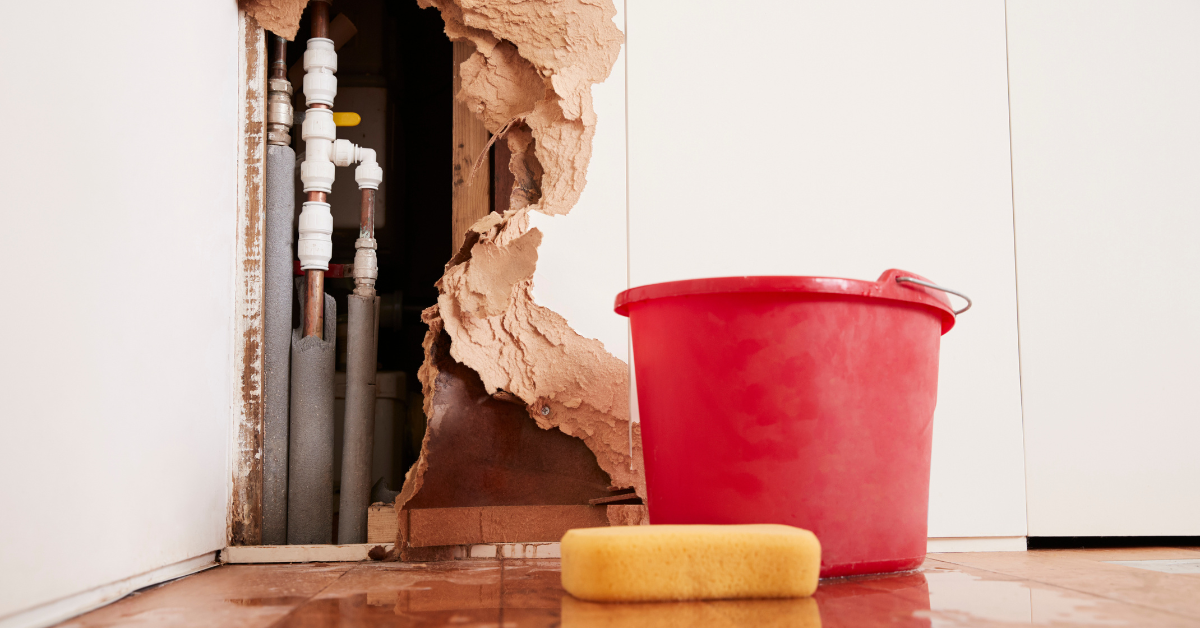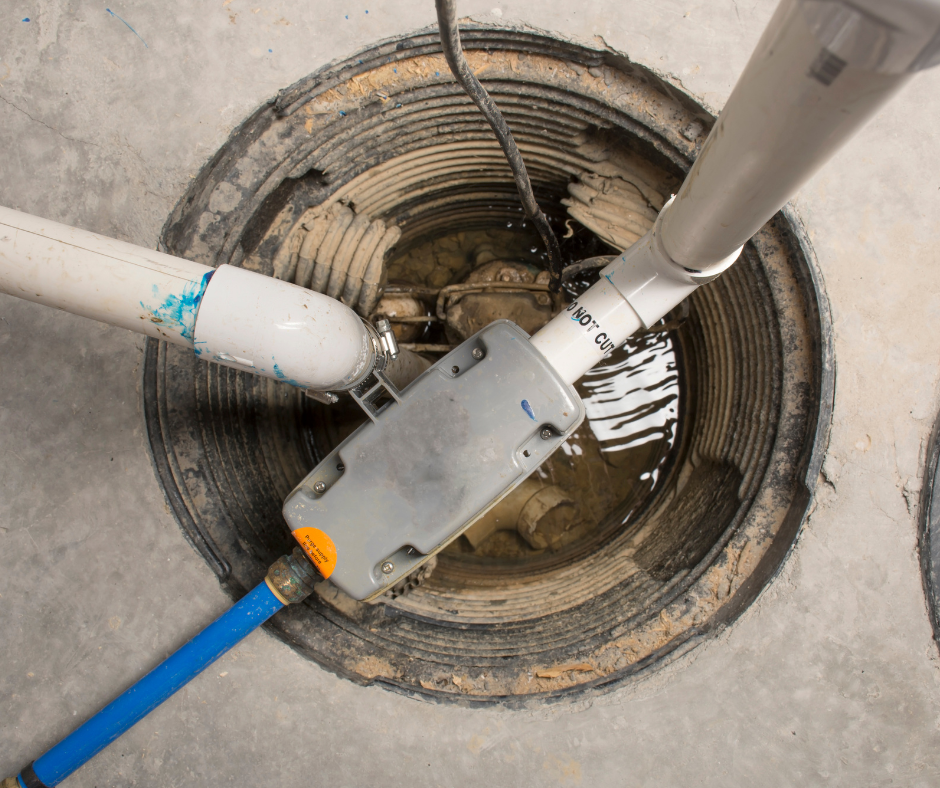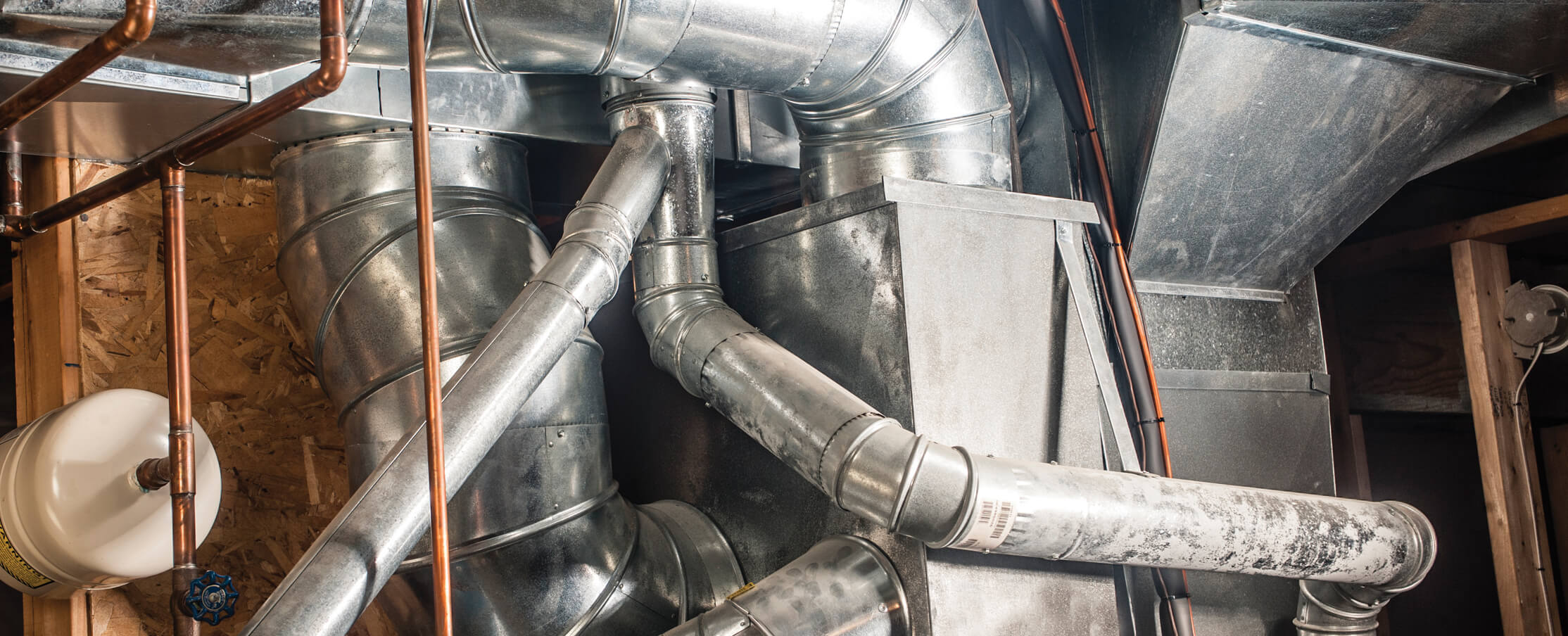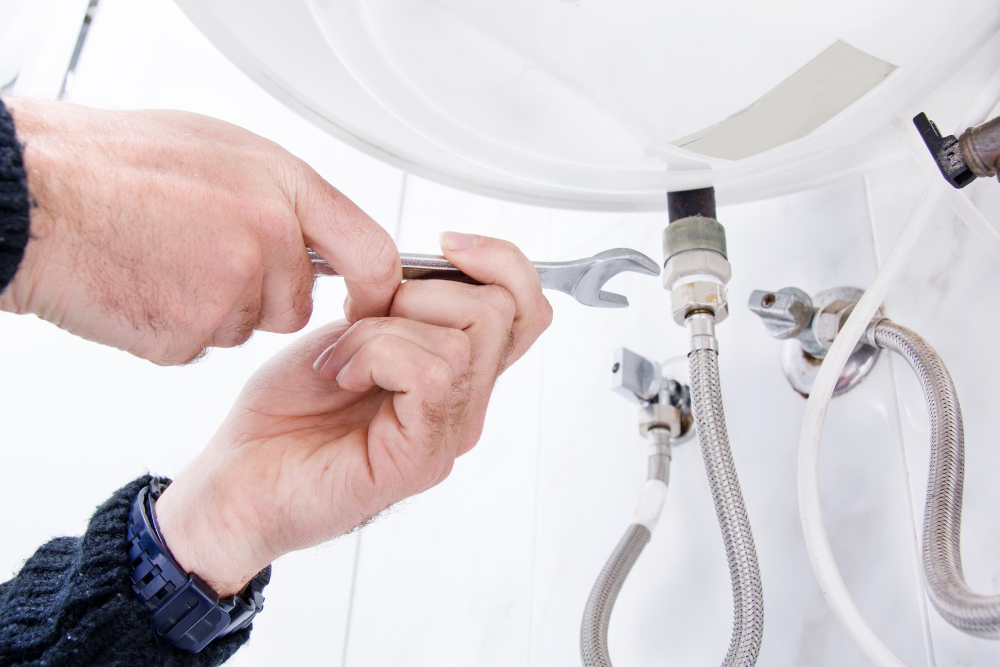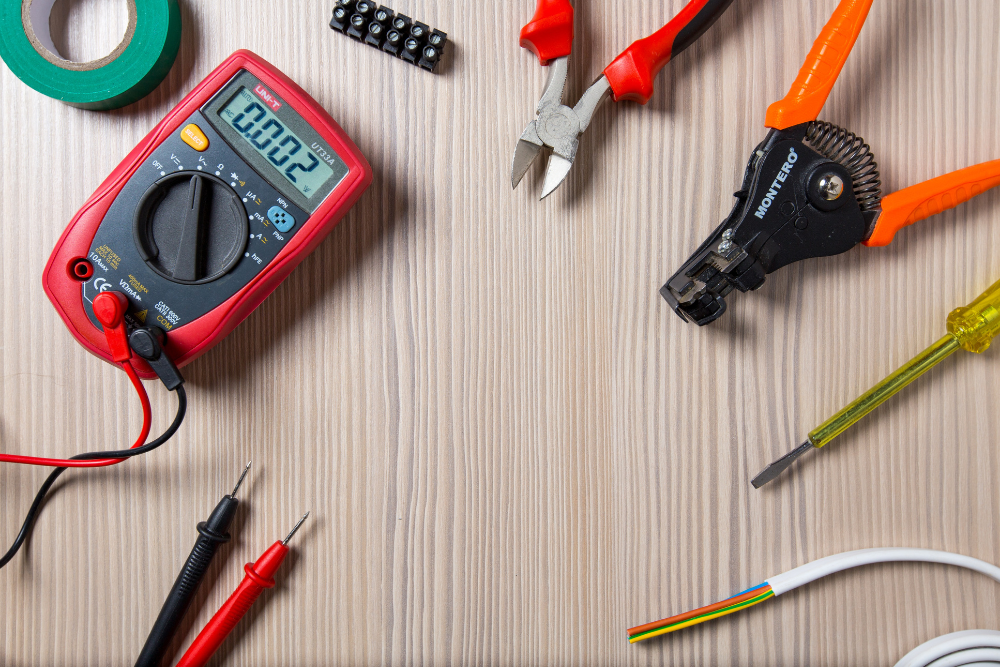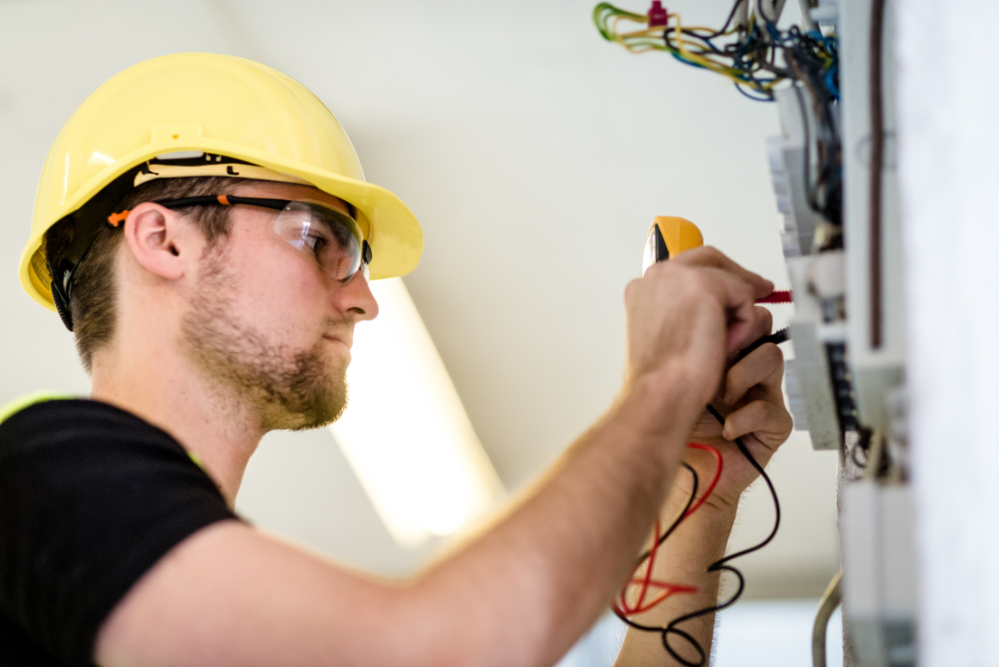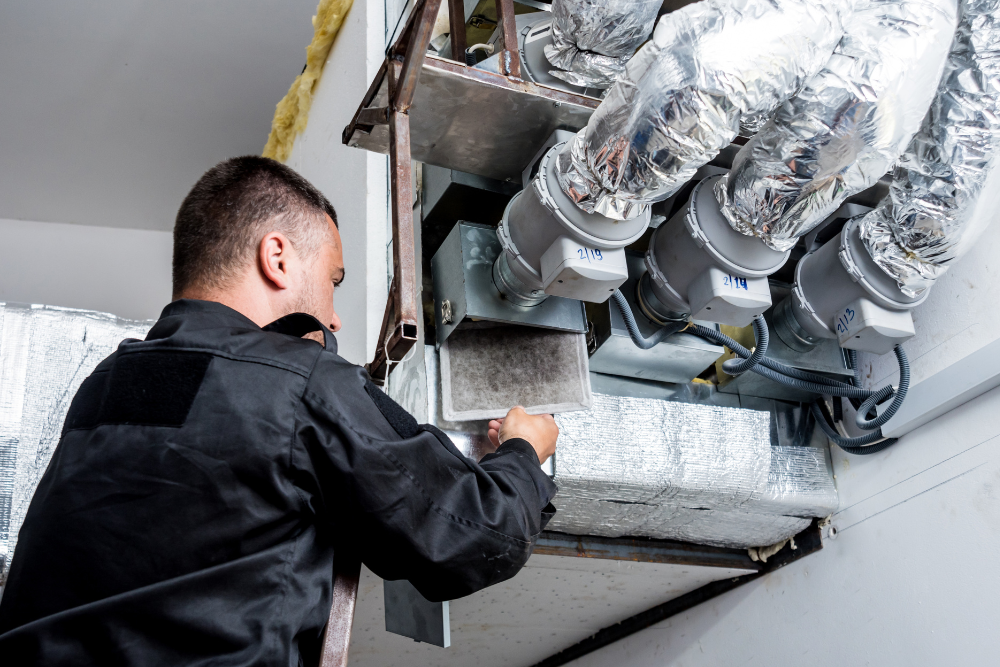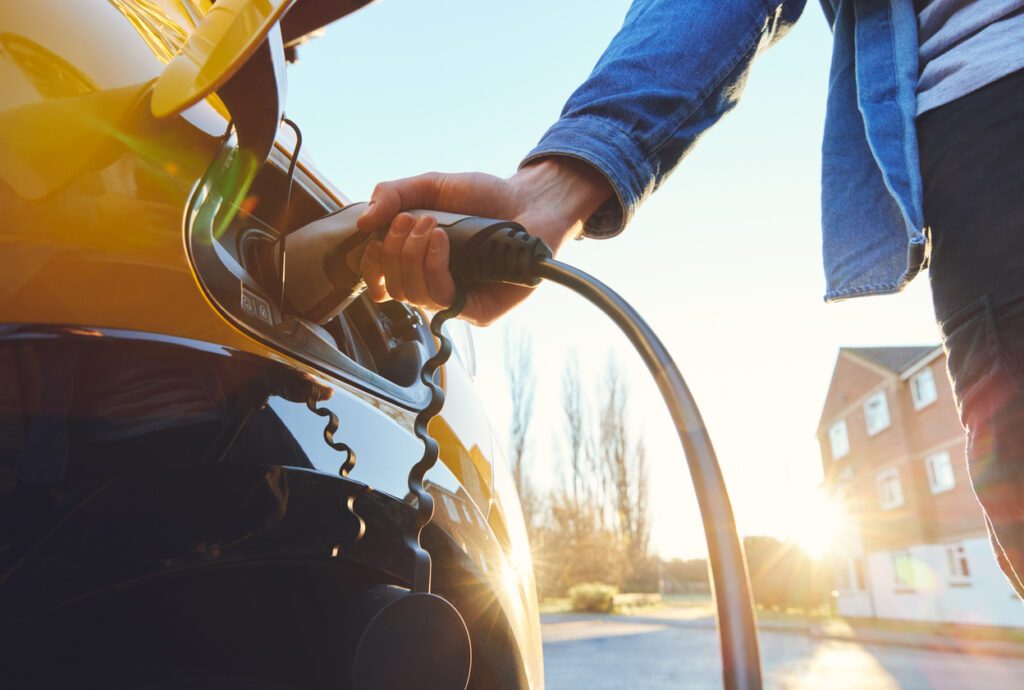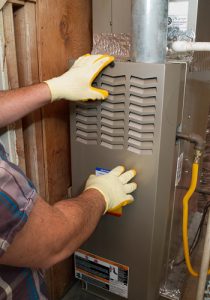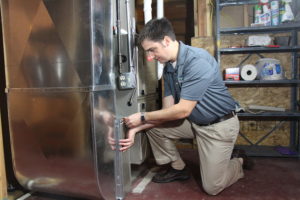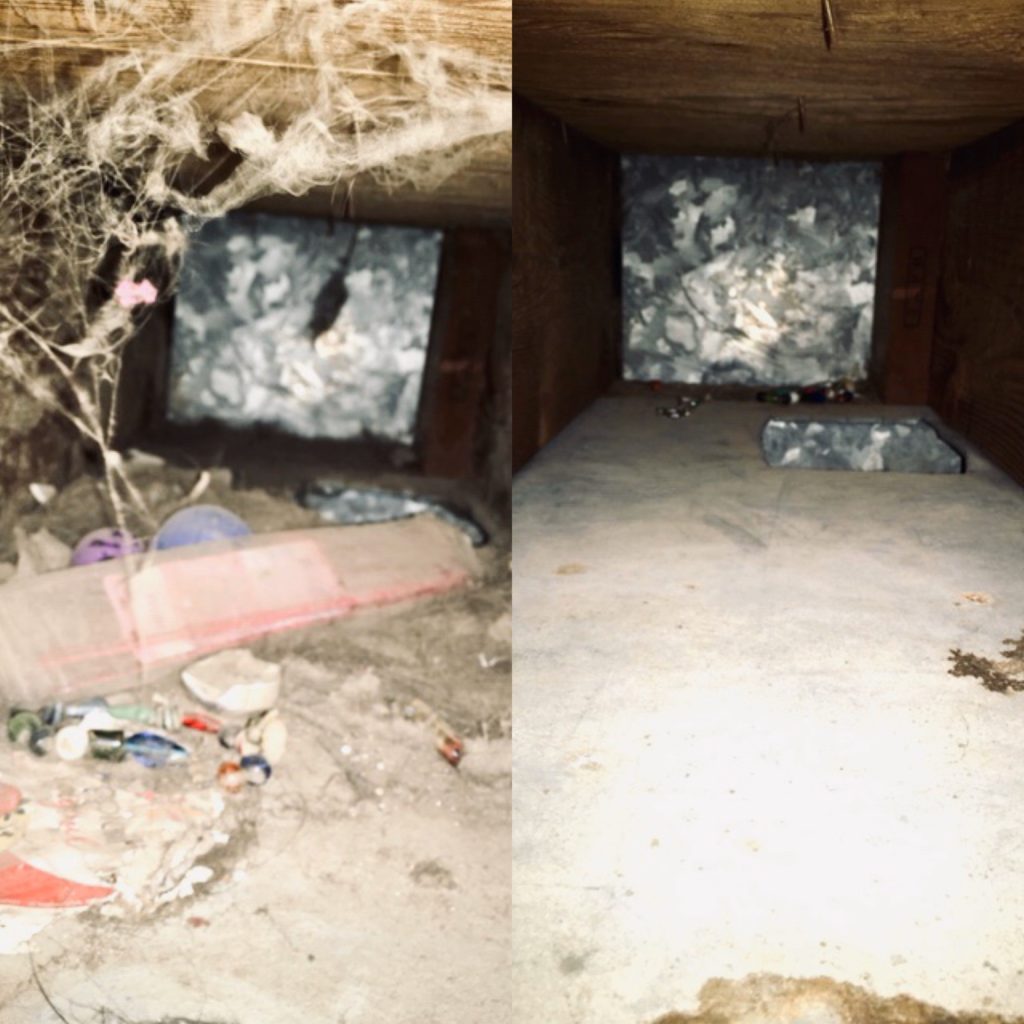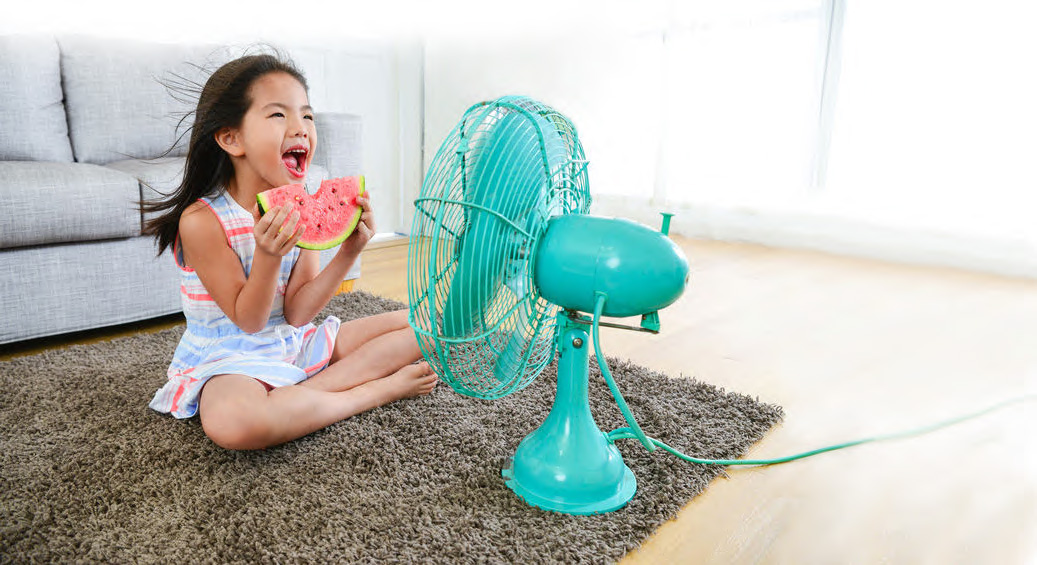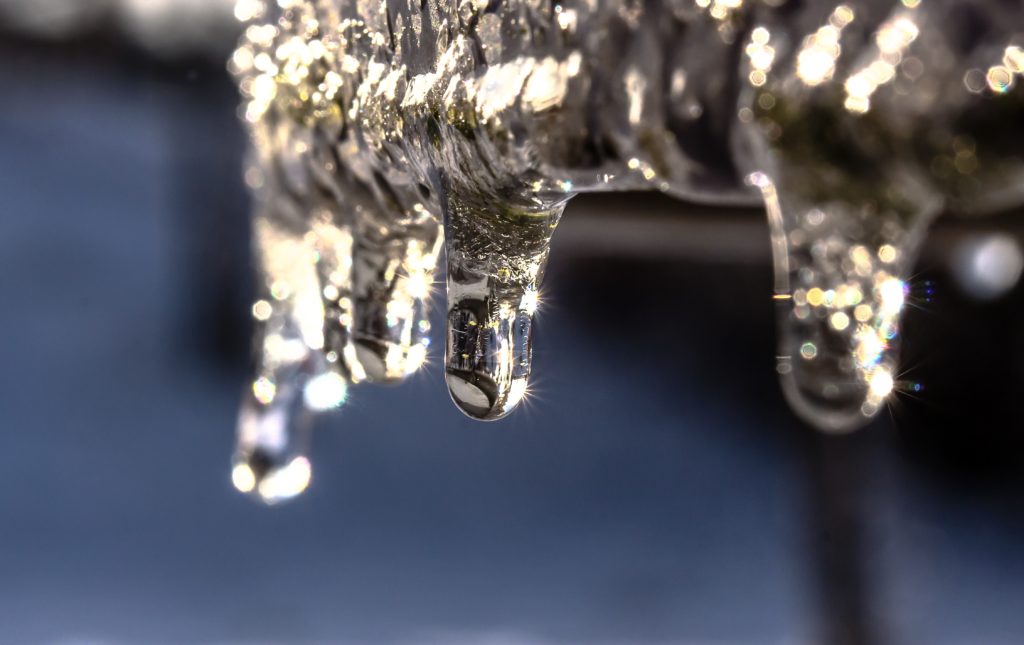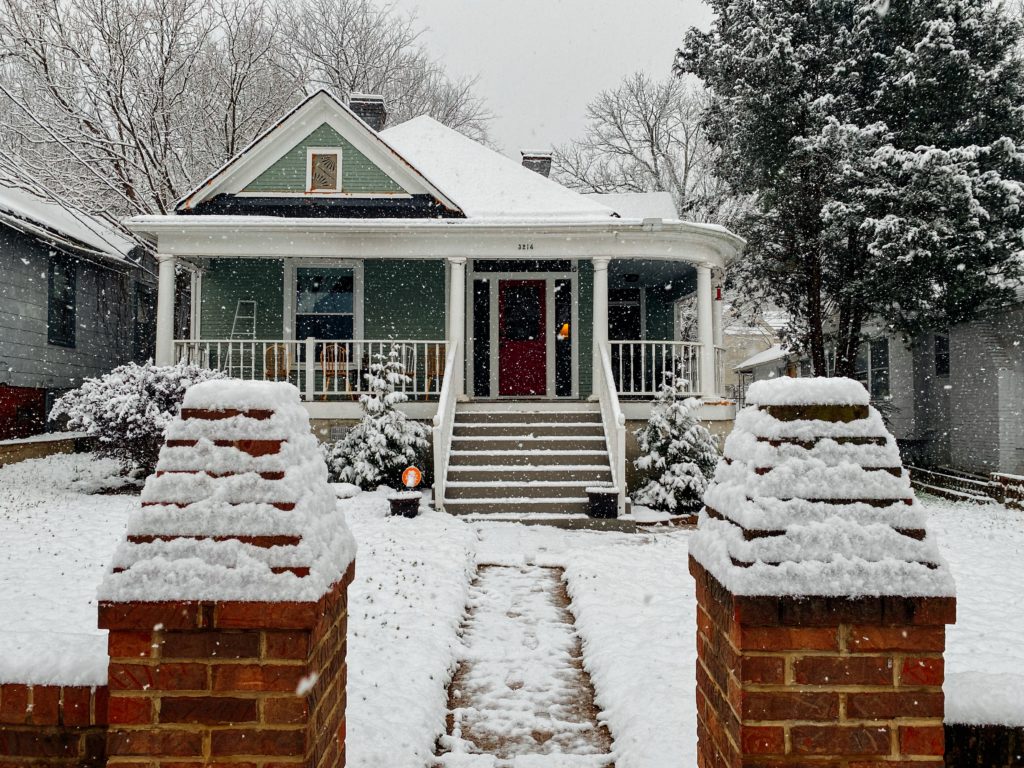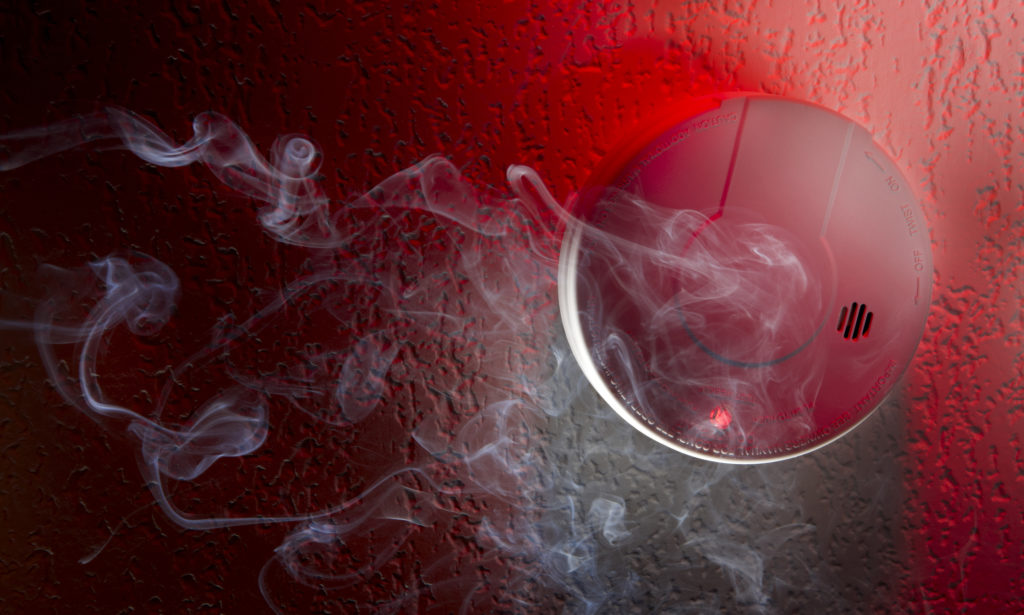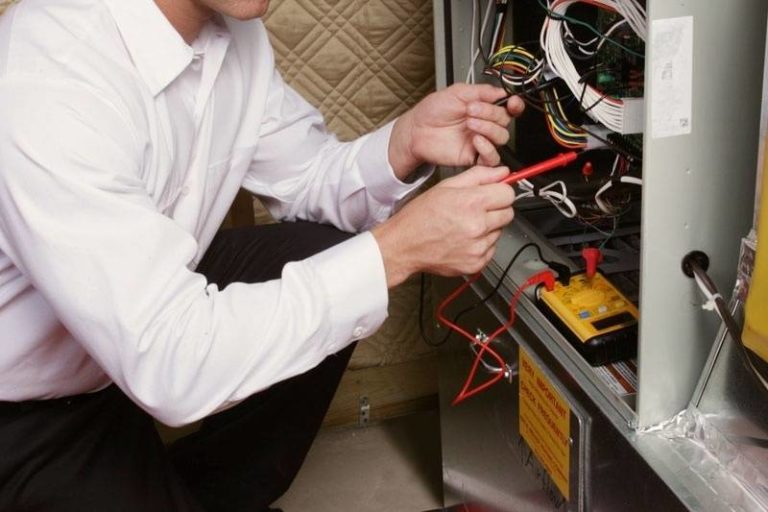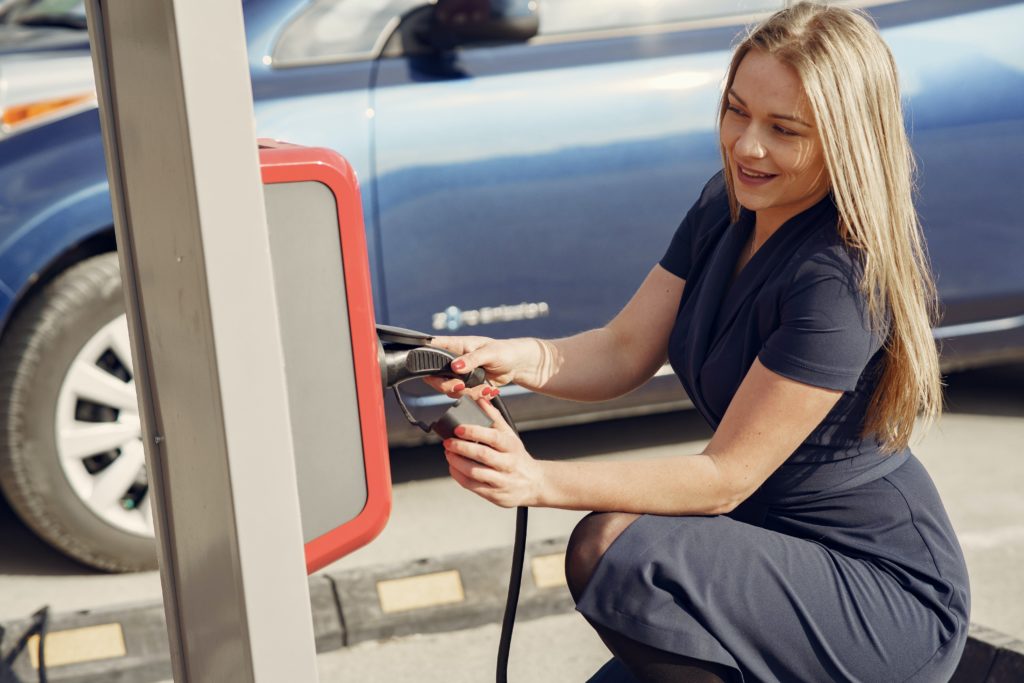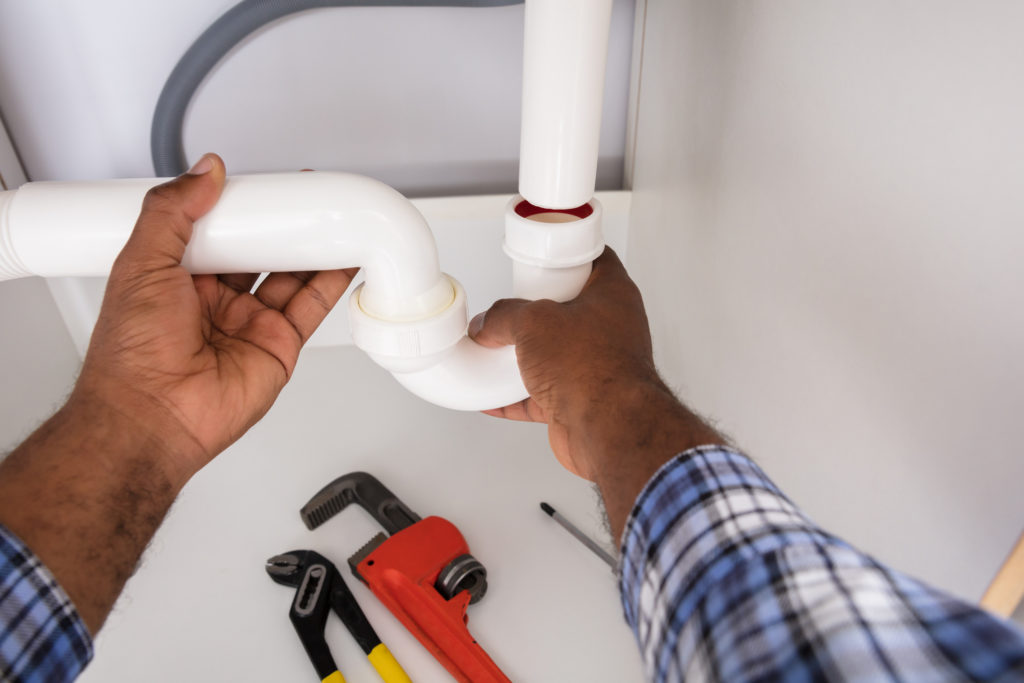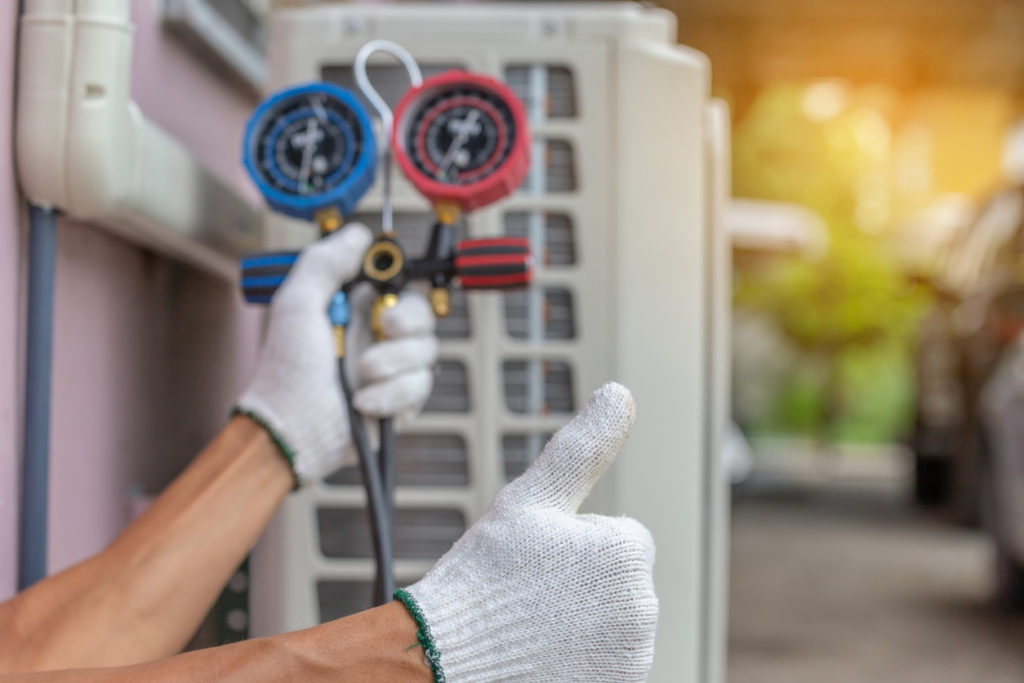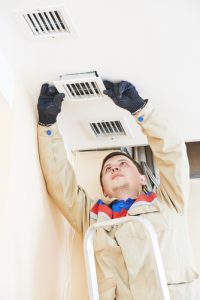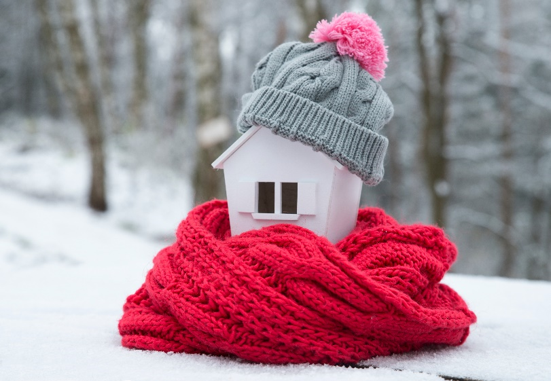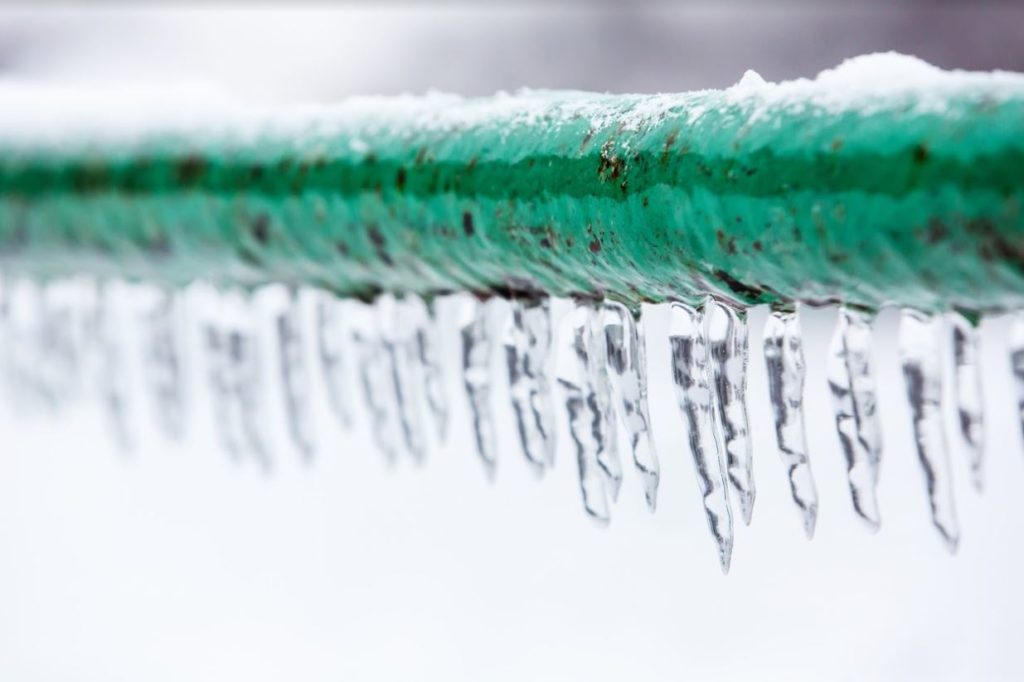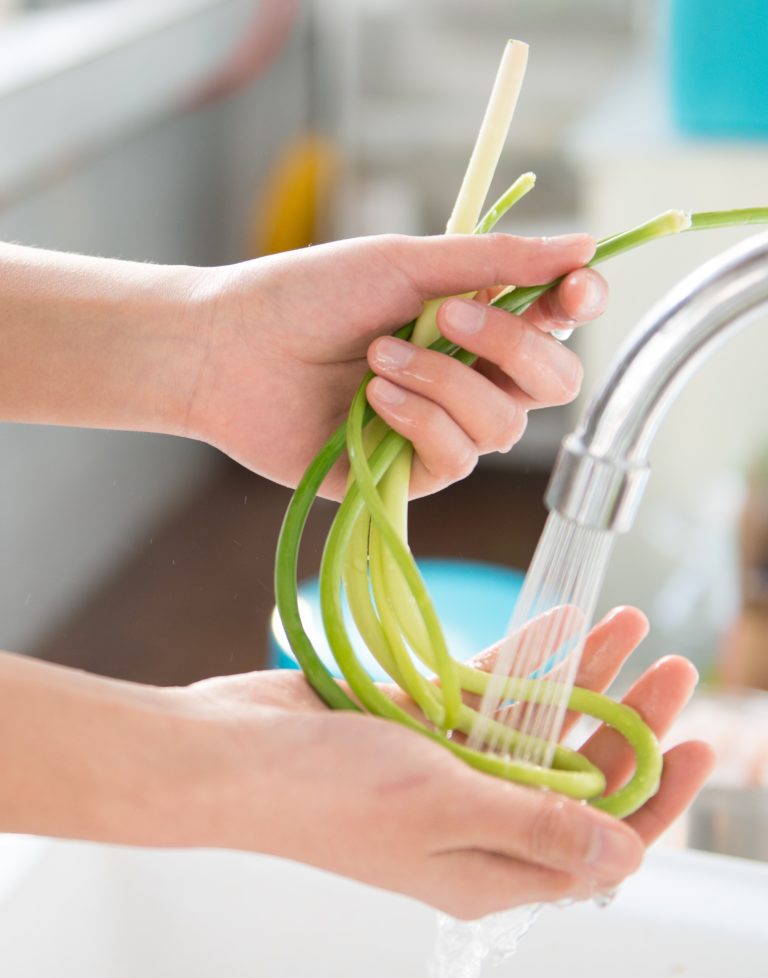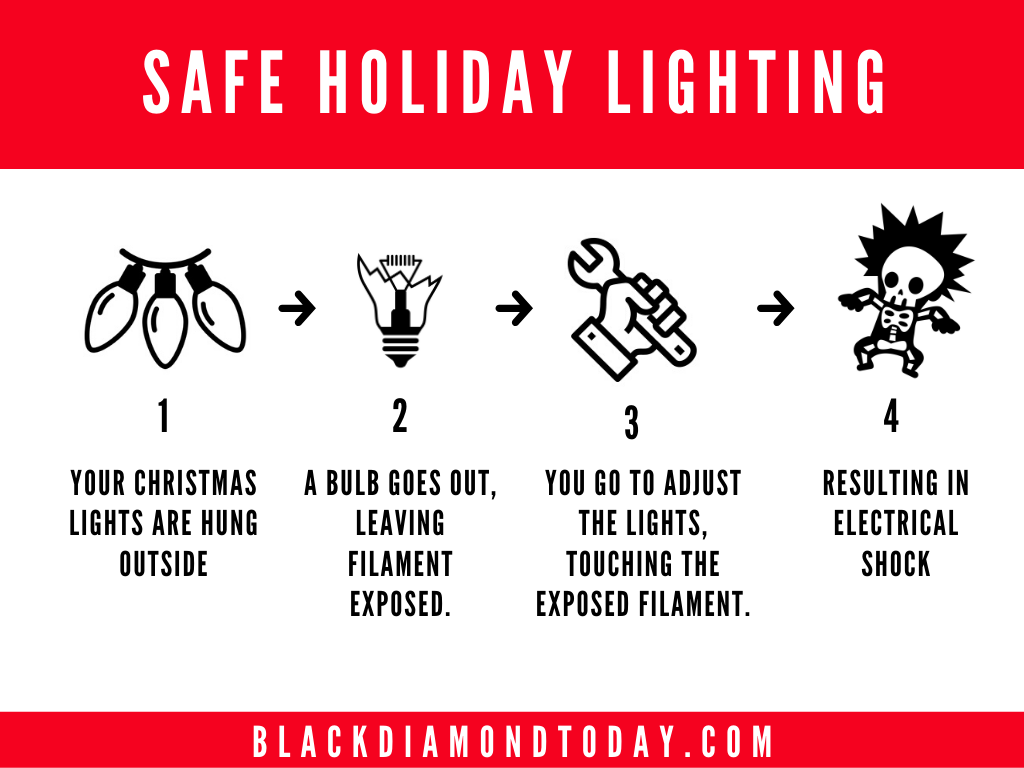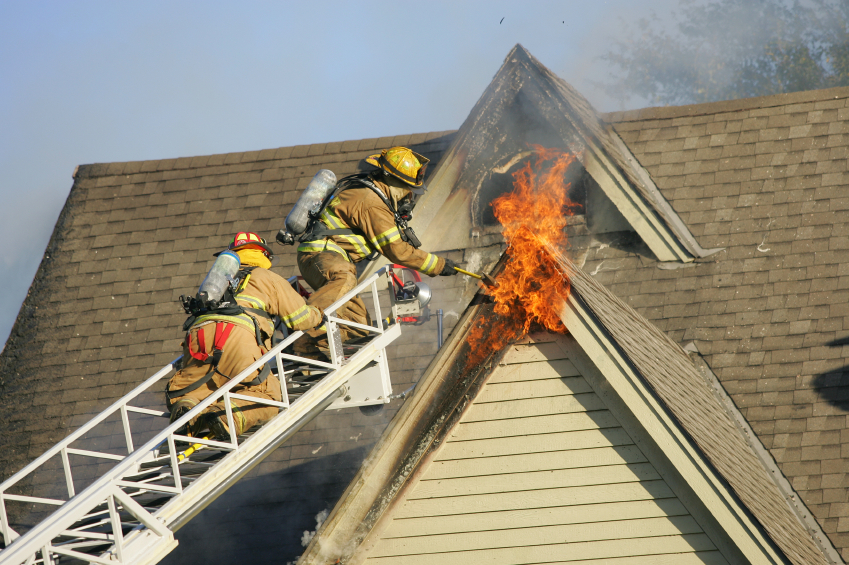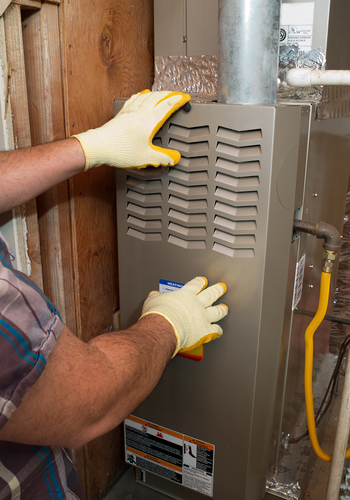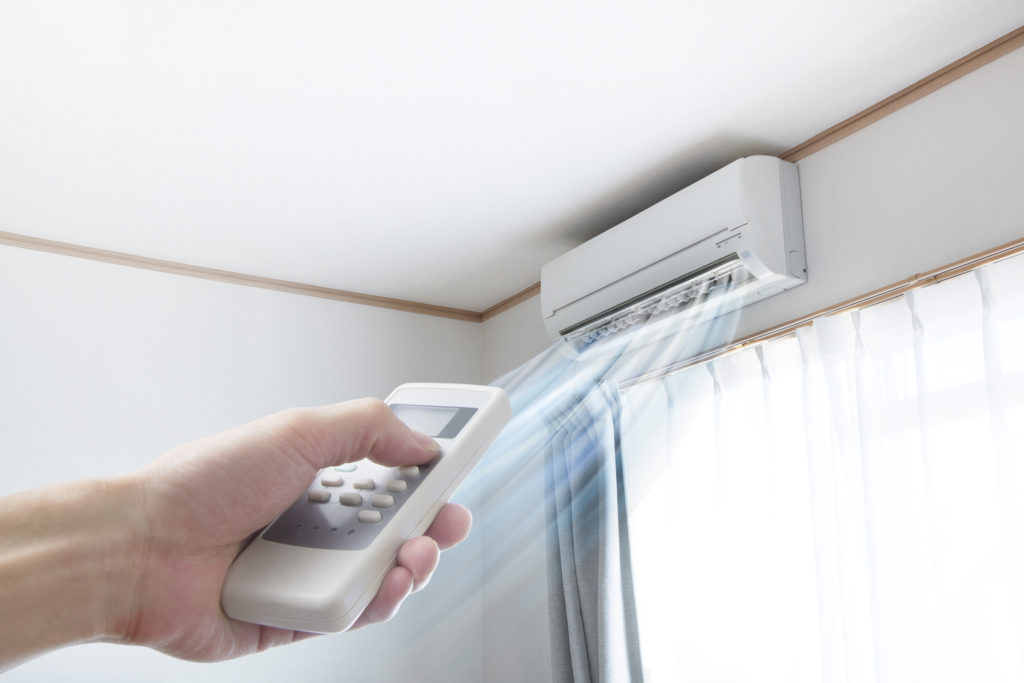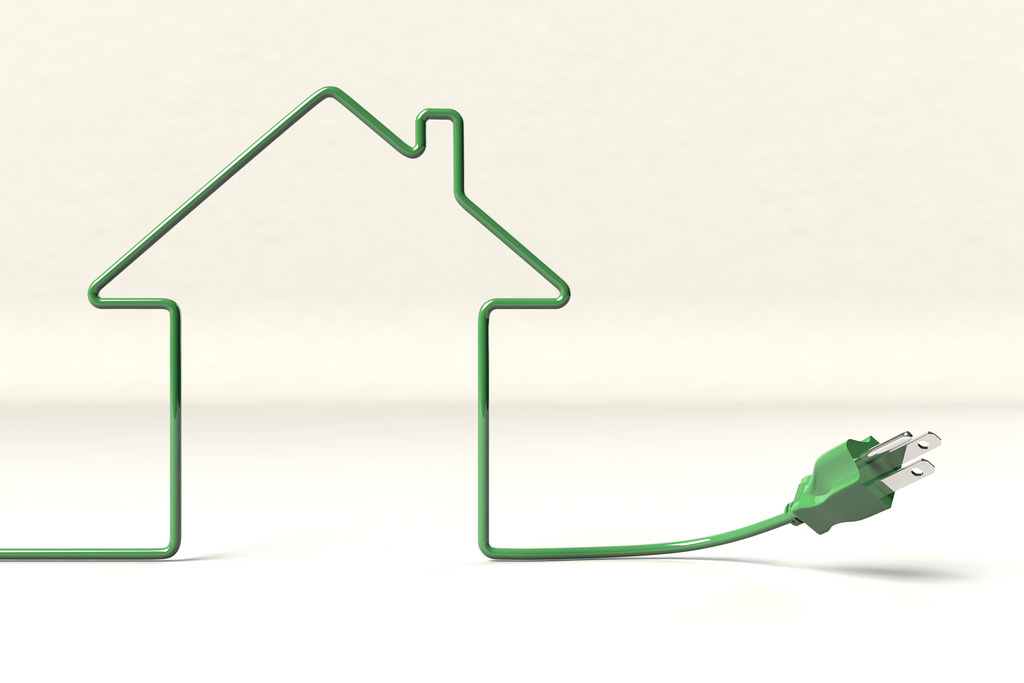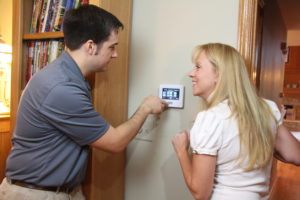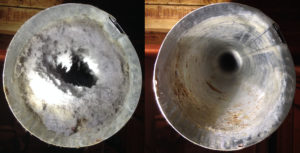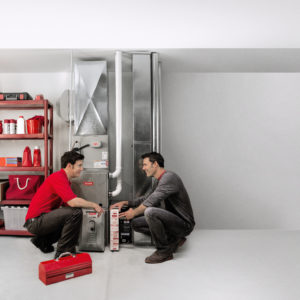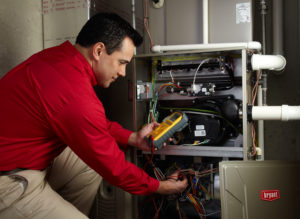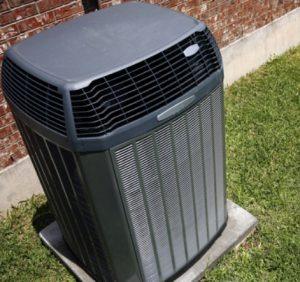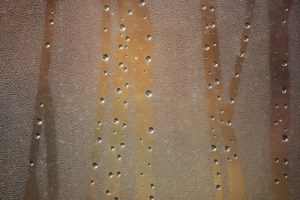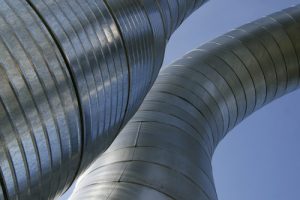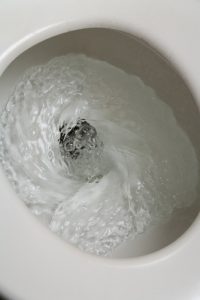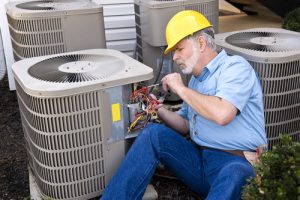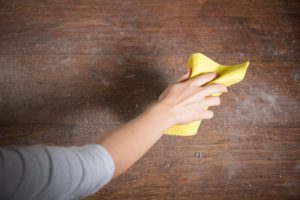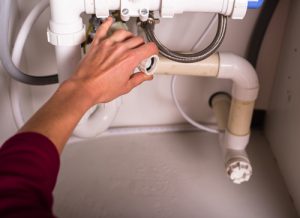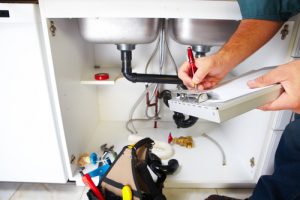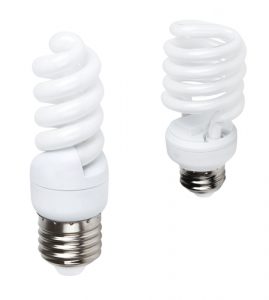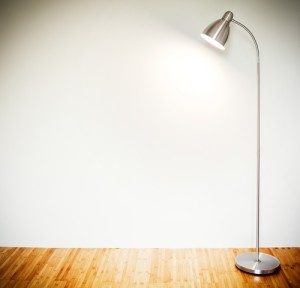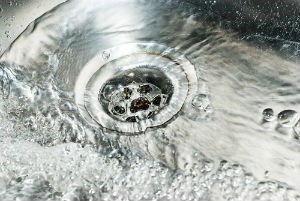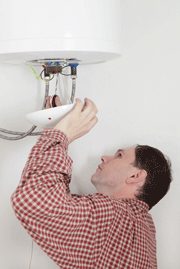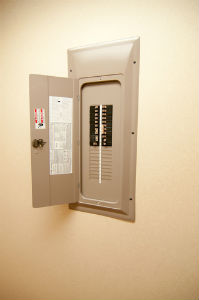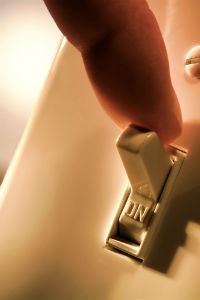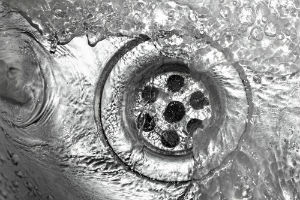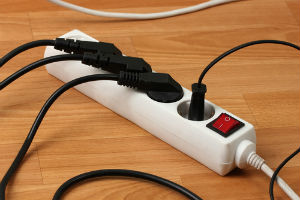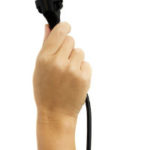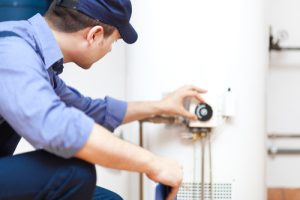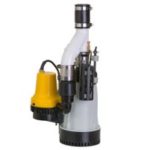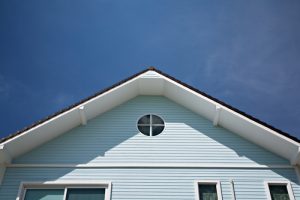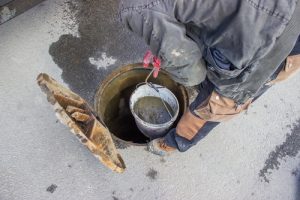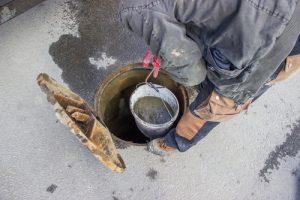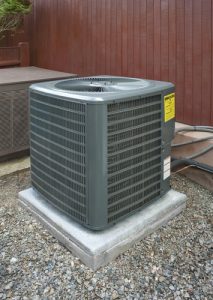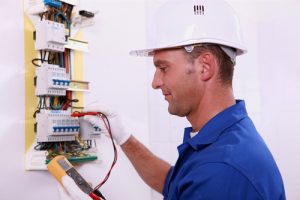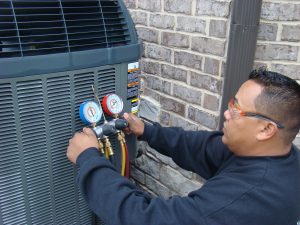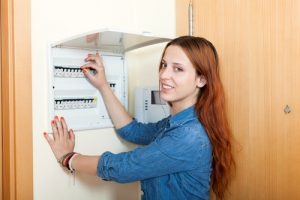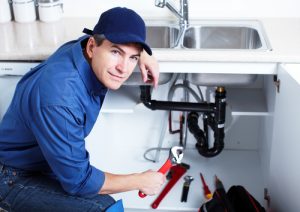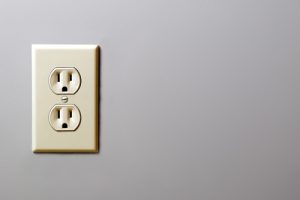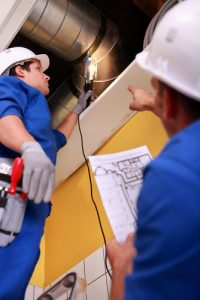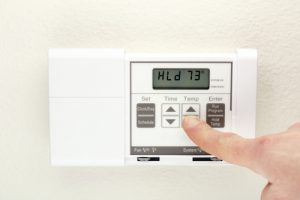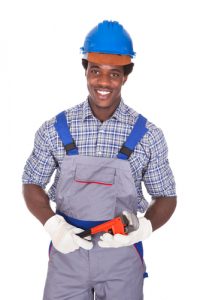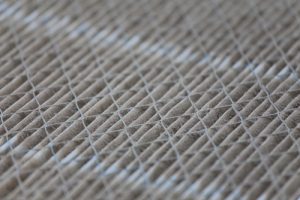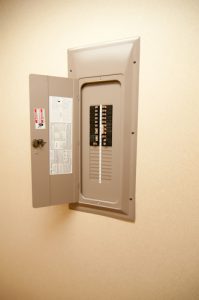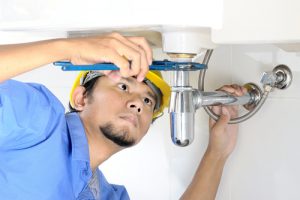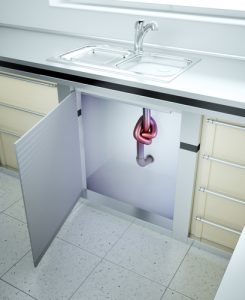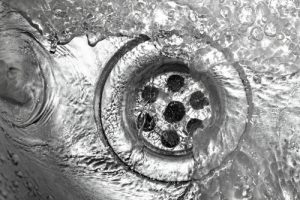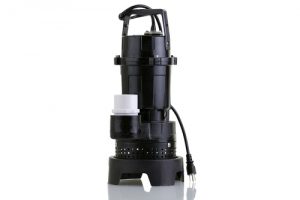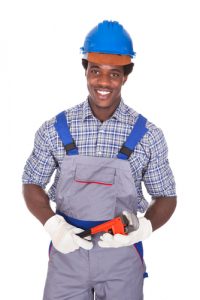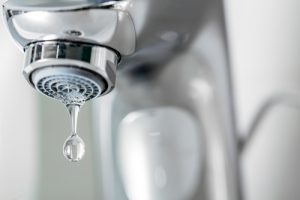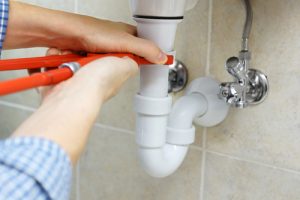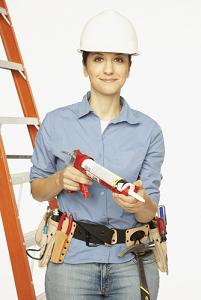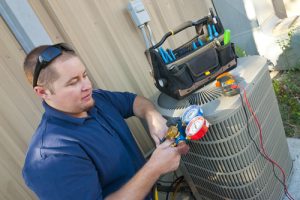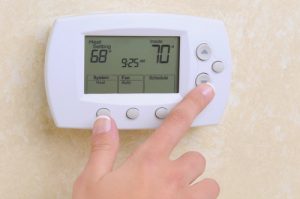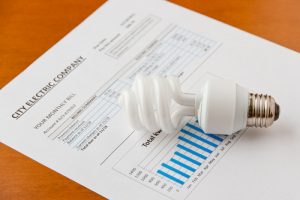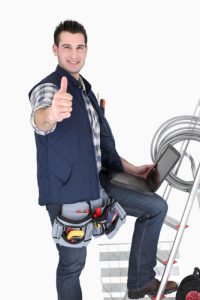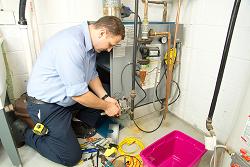15 Ways You Can Save on Heating Costs
Electric, Heating, HVAC, Plumbing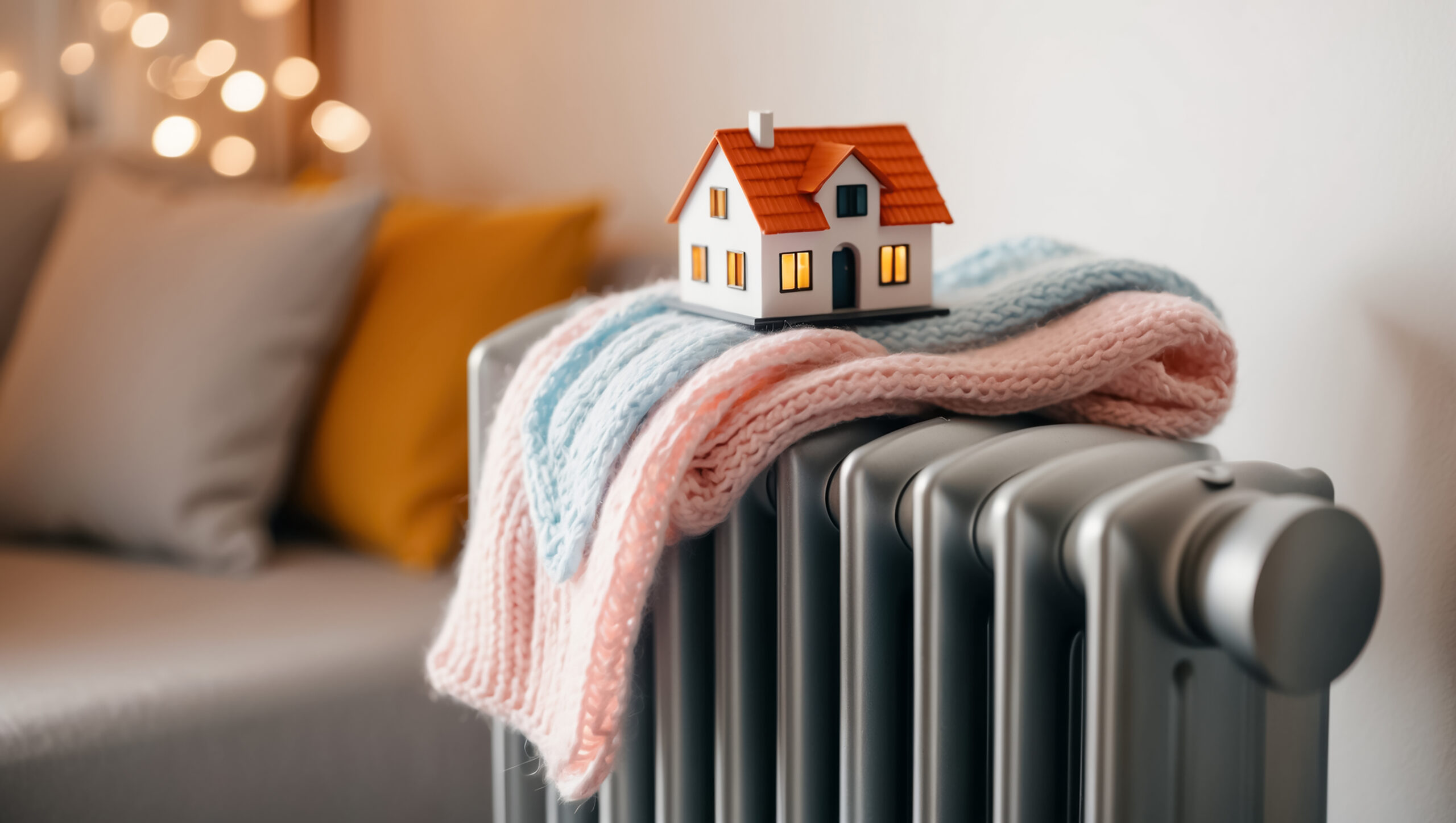
If you’re dreading the cold this winter because of high heating bills, these 15 tips to save on heating costs might help you through the cold weather without sacrificing your comfort. While we can’t control the weather, ways exist to improve your heating system’s efficiency, as well as that of your home.
1. Have your heating system professionally serviced at the beginning of each heating season. Home heating in Chicagoland accounts for the largest block of home energy costs and the servicing will make your system more efficient. HVAC professionals will go through the entire system and it should include these steps:
- Lubricating the blower motor
- Checking the condition and tension of the belt
- Removing any dust from the motor’s housing and windings. A motor that gets hot won’t last as long.
- Removing the dust inside the blower compartment
- Cleaning the inside of the burner, and inspecting it for any cracks
- Looking at the quality of the flame and adjusting the gas-to-air ratio, if necessary
- Examining the heat exchanger and verifying that it has no cracks. If it does, the technician will need to evaluate it to make sure those cracks won’t let carbon monoxide (CO) out, which can leak CO into your home’s air supply. If the cracks will, the technician will have to disable the furnace until the part or furnace is replaced.
- Checking all the safety features for the heating system and making sure they work properly
- Measuring and testing the tightness of the ductwork and sealing any leaks
- Examining the flue and making sure it’s not blocked or cracked
- Testing and calibrating the thermostat for proper operation
2. Besides professional maintenance, you can save on heating costs by routinely examining the air filter for the blower and changing it when it’s dirty. A dirty filter reduces the airflow through the blower and puts your furnace at risk for early failure. It has to run longer to heat your home and if the heat exchanger becomes covered with dust, it can cause cracks in the metal due to fatigue.
In addition, the replacement filter must be a precise fit for the blower. Anything that’s too small will let air flow into the blower without filtration, which increases dirt inside the blower.
3. Either install a programmable thermostat or make it a habit to adjust the temperature when you’re not home or are sleeping. Setting the temperature down just one degree can lower your energy bill by 3 percent. New technology has made programmable thermostats much easier to use and gives you the ability to change and monitor its settings from a smartphone or the Internet.
4. Increase the amount of insulation in the attic. The Department of Energy suggests that homes in our region have from 16 to 20 inches in the attic to stop thermal losses. Insulation is one of the best ways to save on heating costs because it’s relatively inexpensive and lasts many years.
5. Seal the cracks around the window frames by using exterior caulk that will cure in colder temperatures.
6. Lock the windows to get the tightest fit inside the frame and if you don’t have thermal or storm windows, install clear plastic window sealing. Kits are available at home centers. Glass has poor insulating qualities and can let a good deal of heat transfer outdoors during the colder months.
7. Seal the attic hatch with weatherstripping to prevent warm air from seeping into the attic.
8. Look over the weatherstripping on the exterior doors and replace it if you can see daylight through the leaks or you can easily slip a sheet of paper between the door jamb and the door.
9. Inspect the foundation of your home for any cracks or holes that can cause air infiltration and fill with expanding foam or caulk if they’re smaller. Besides letting warm air outside, those areas can trap moisture, which will freeze and cause even larger problems. Insects can also enter your home through unsealed cracks in their search for warmer surroundings.
10. Keep furniture away from the ductwork. Anything that impedes the flow of air out of the ducts harms your home’s heating system by increasing the air pressure inside the ductwork, which can cause leaks to form. Throughout the heating season, it’s a good idea to make certain that none of the registers in your home have been unwittingly covered by household objects.
The temptation to close off a room that’s seldom used to save energy is a realistic one, but in the long run, it could cost you more in heating costs than you’re saving. Heating systems are designed to have a certain amount of air pressure going through the ducts. Closing off a room increases the air pressure and can result in energy losses from leaks or air infiltration.
Closing off a register and neglecting to close off the return air for that room can actually pull in outdoor air from any cracks. The return or cold air registers bring air back to the blower for heating. If those ducts are left open, the air pressure in the room falls and it will pull air into the room from any cracks surrounding the walls, window frames or exterior door frames.
11. Use the ceiling fans. You can save on heating costs by installing ceiling fans that have reversing switches. Heat rises and, with the help of a ceiling fan, you recirculate warmer air back down from the ceiling to the living spaces of your home.
12. Open the drapes on sunny days to take advantage of passive solar heating. During the heating season, the sun is low in the sky, making it possible to heat the rooms that face south and west a bit warmer.
13. Use your fireplace judiciously and after the coals have extinguished completely, close the damper or shut the glass doors. The air from your home naturally drifts right up the chimney, and you’ll lose the air you’ve paid to heat. Fireplaces do create warmth, but most of the heat goes up the chimney. One way to use a fireplace efficiently is to choose an EPA-certified fireplace, or install an insert at the back that reflects more heat into the area where the fireplace sits.
14. Next to heating your home, it’s likely that your water heater is the second largest energy user indoors. Turning it down to 120 degrees will save on heating costs, as will wrapping it with an insulating blanket, available at home improvement centers. If yours is a gas water heater, pay close attention to the instructions to avoid covering any vents or the thermostat, or use a plumber to help you with installation of the insulating blanket.
15. Consider installing a drain water heat recovery system to help lower your winter heating bills. These are pipes with built-in heat exchangers that transfer the heat from the waste water to the incoming water. As the fresh water travels to the water heater, it picks up heat, so the burden on the water heater is lower. It’s a good way to save on heating costs associated with hot water since it uses the heat that would otherwise go down the drain.
If you’d like professional assistance with your water heater or heating system to save on heating costs, contact the experts at Black Diamond Plumbing and Mechanical today.
Recent Posts
Request Service
Please fill out the form and we will get in touch with you shortly. We look forward to serving you!
Request Service
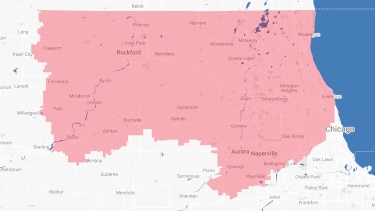
Proudly Serving
The Chicagoland AreaAddison | Algonquin | Antioch | Arlington Heights | Aurora | Barrington | Bartlett | Batavia | Beloit | Belvidere | Bensenville | Bloomingdale | Bolingbrook | Buffalo Grove | Byron | Caledonia | Capron | Carol Stream | And Much More!
VIew ALL

